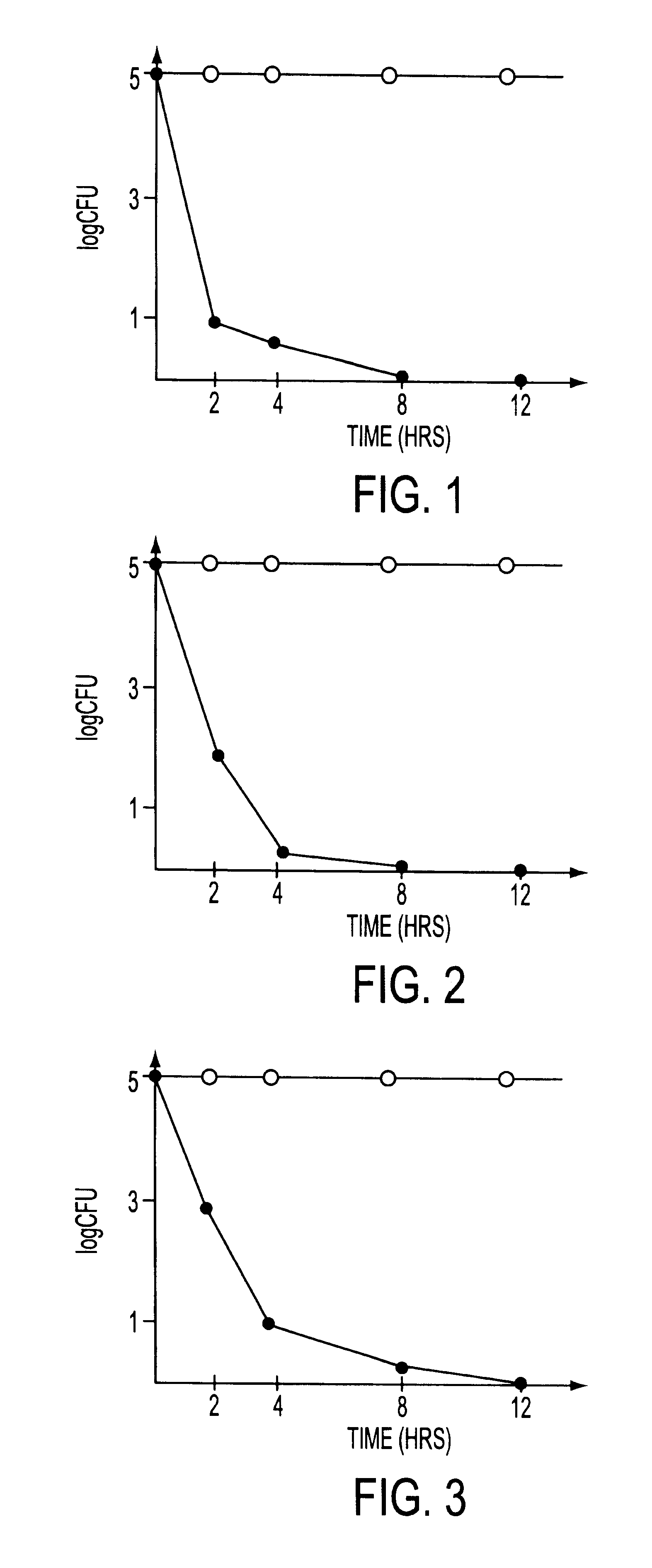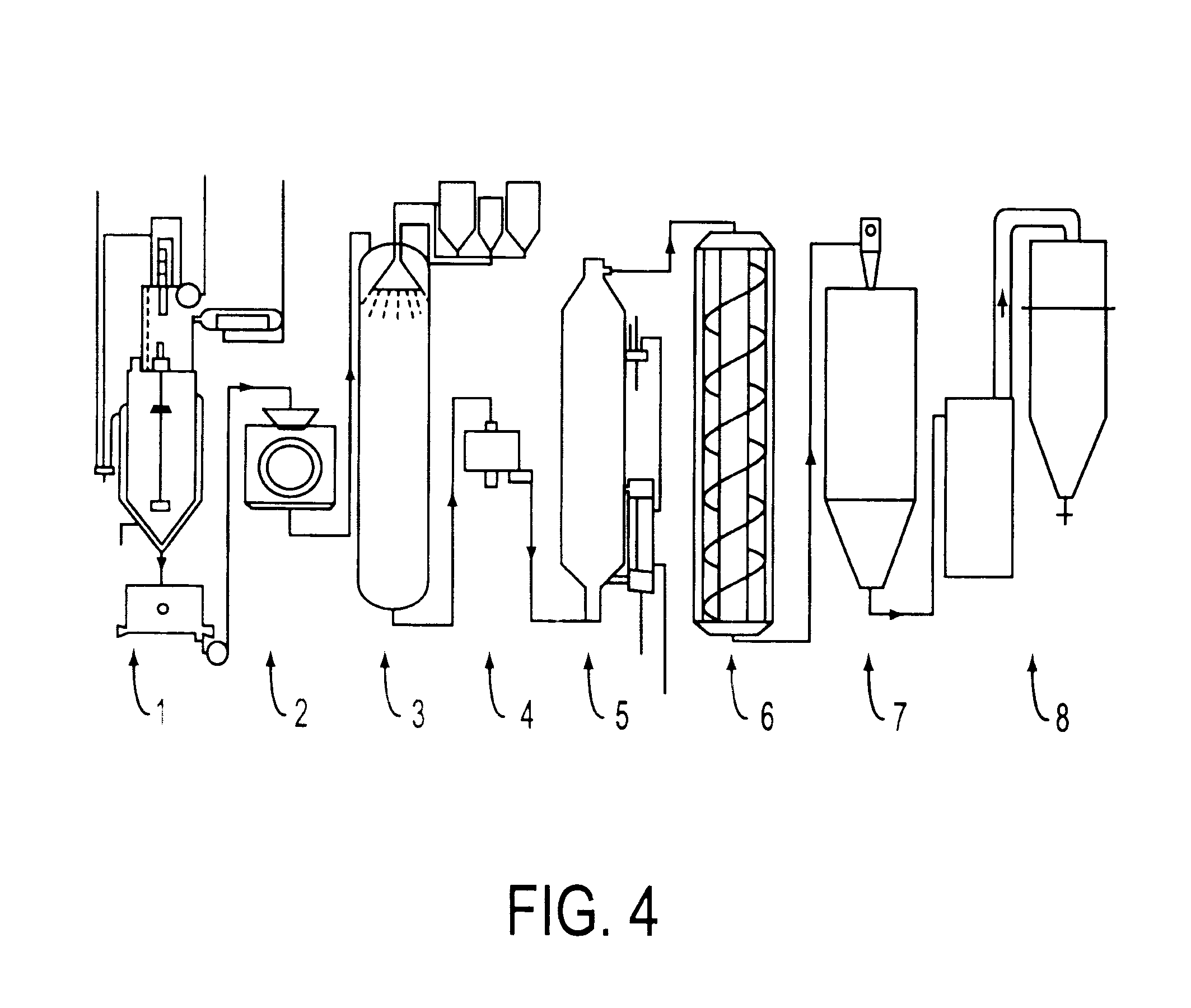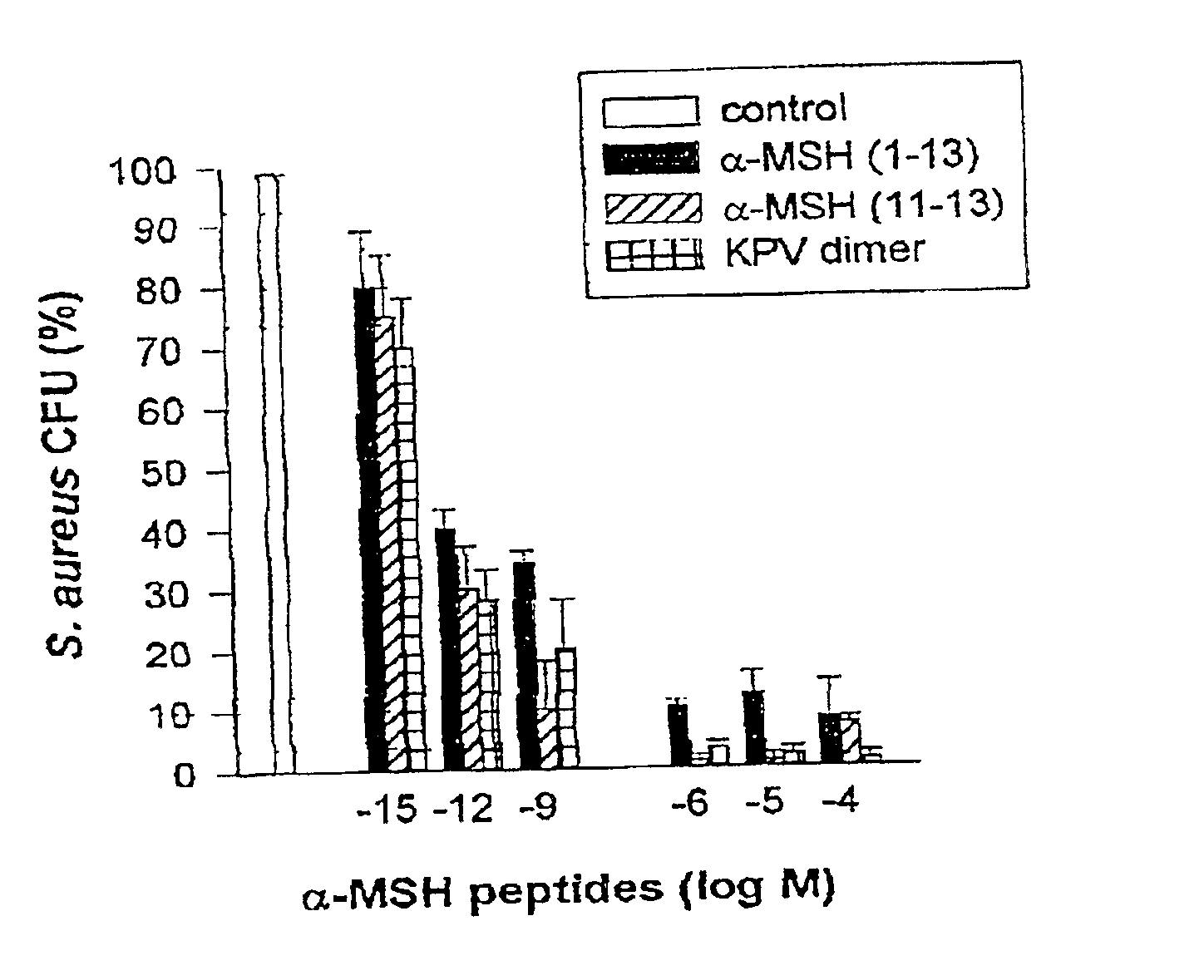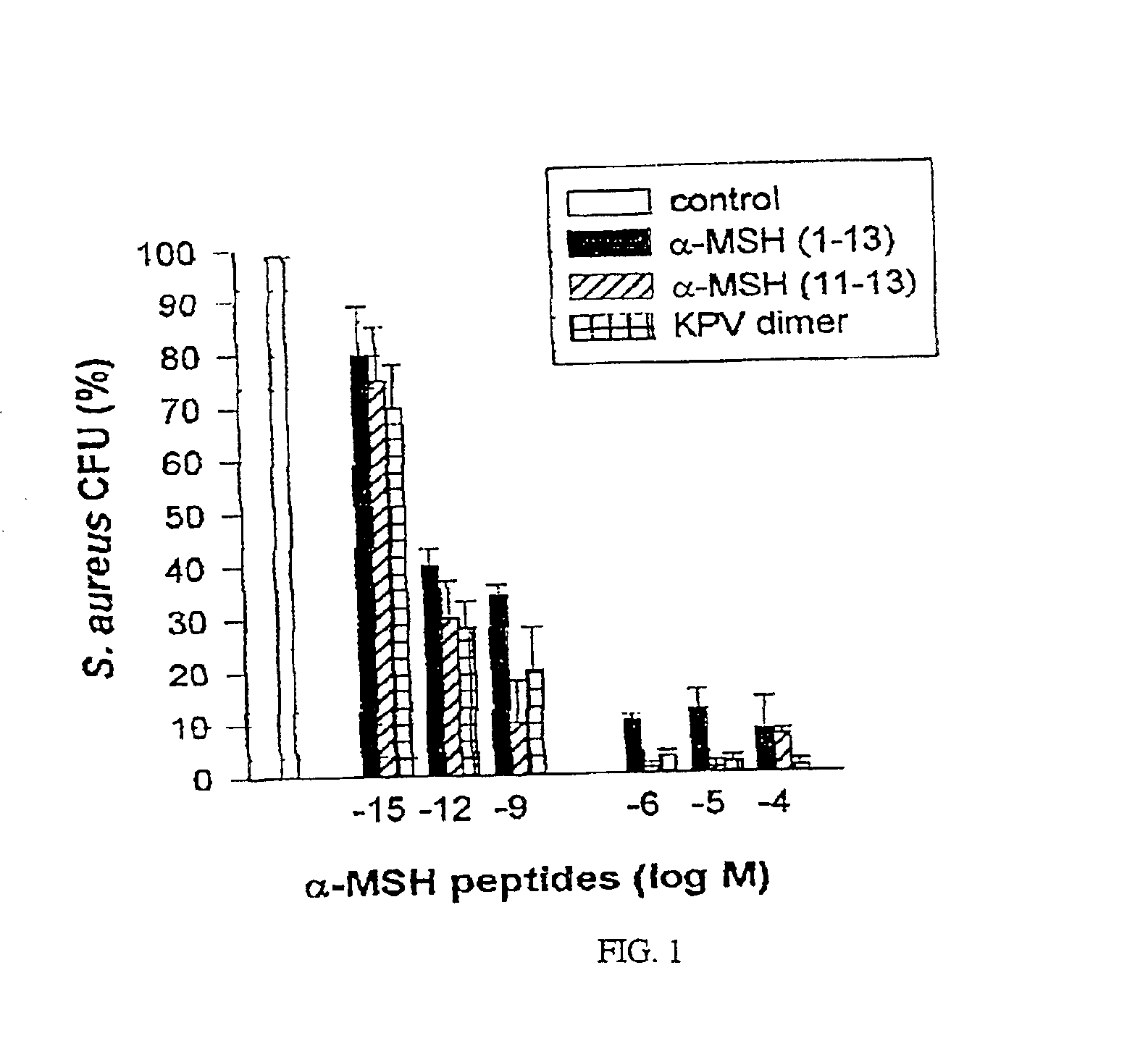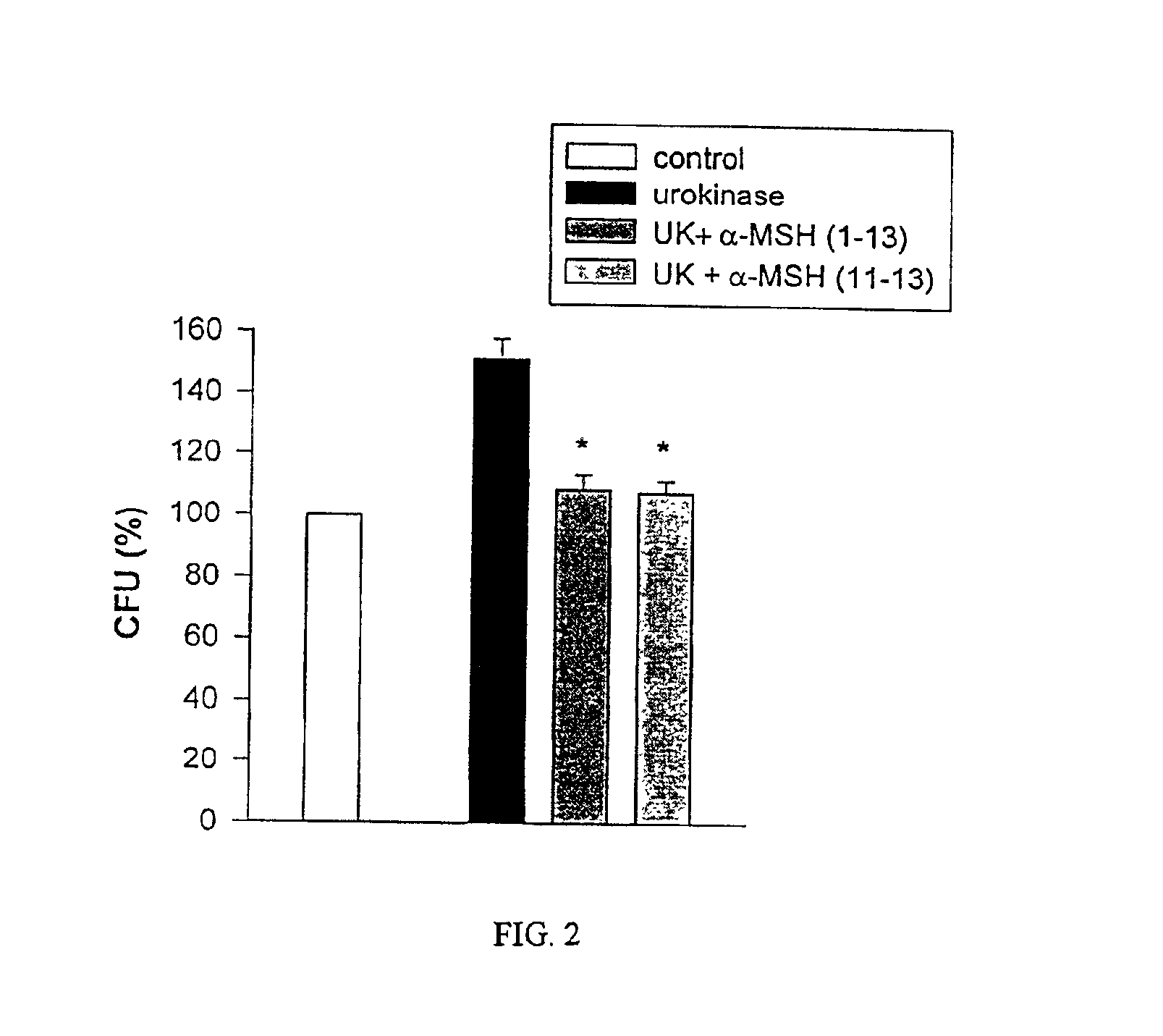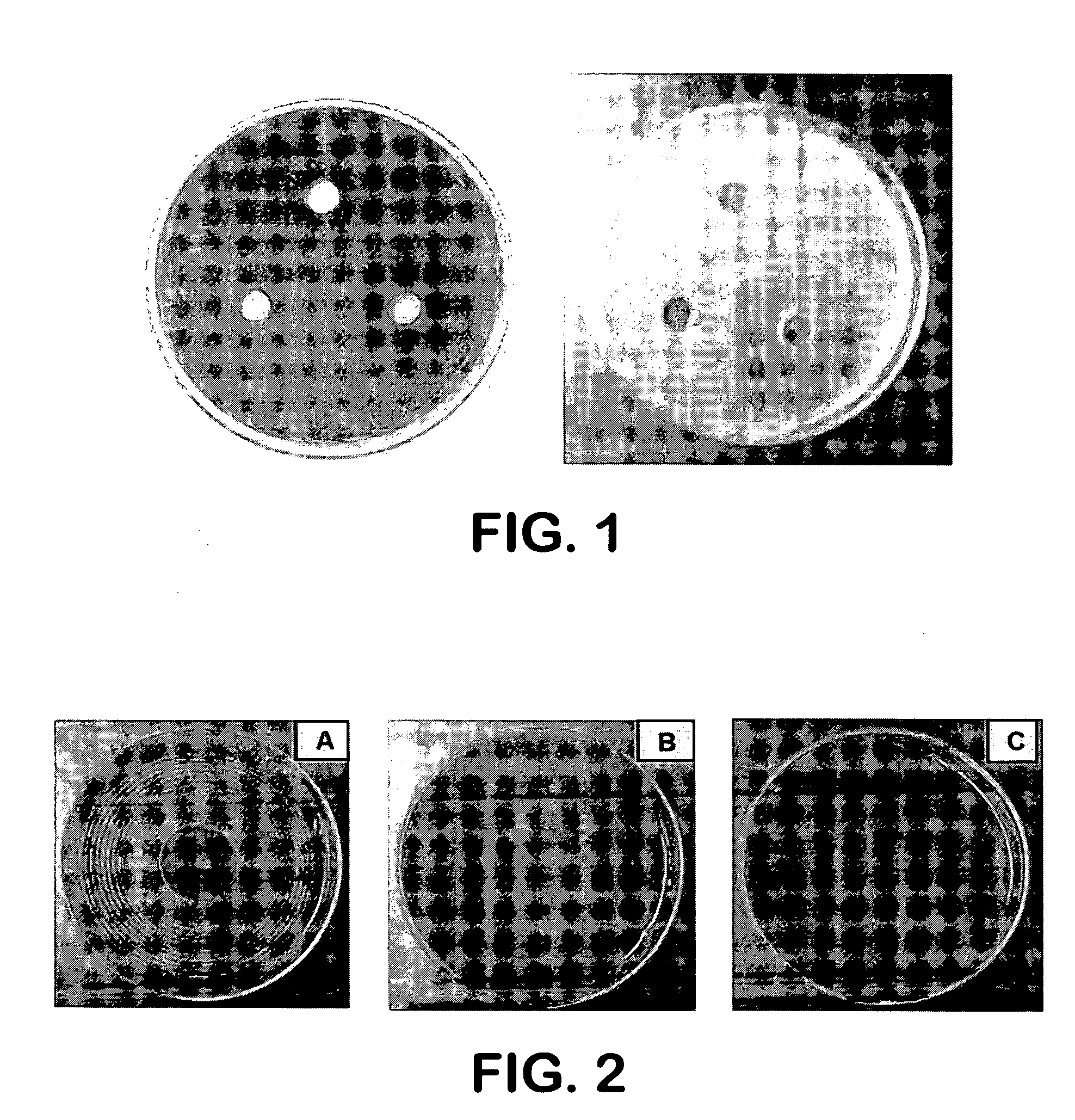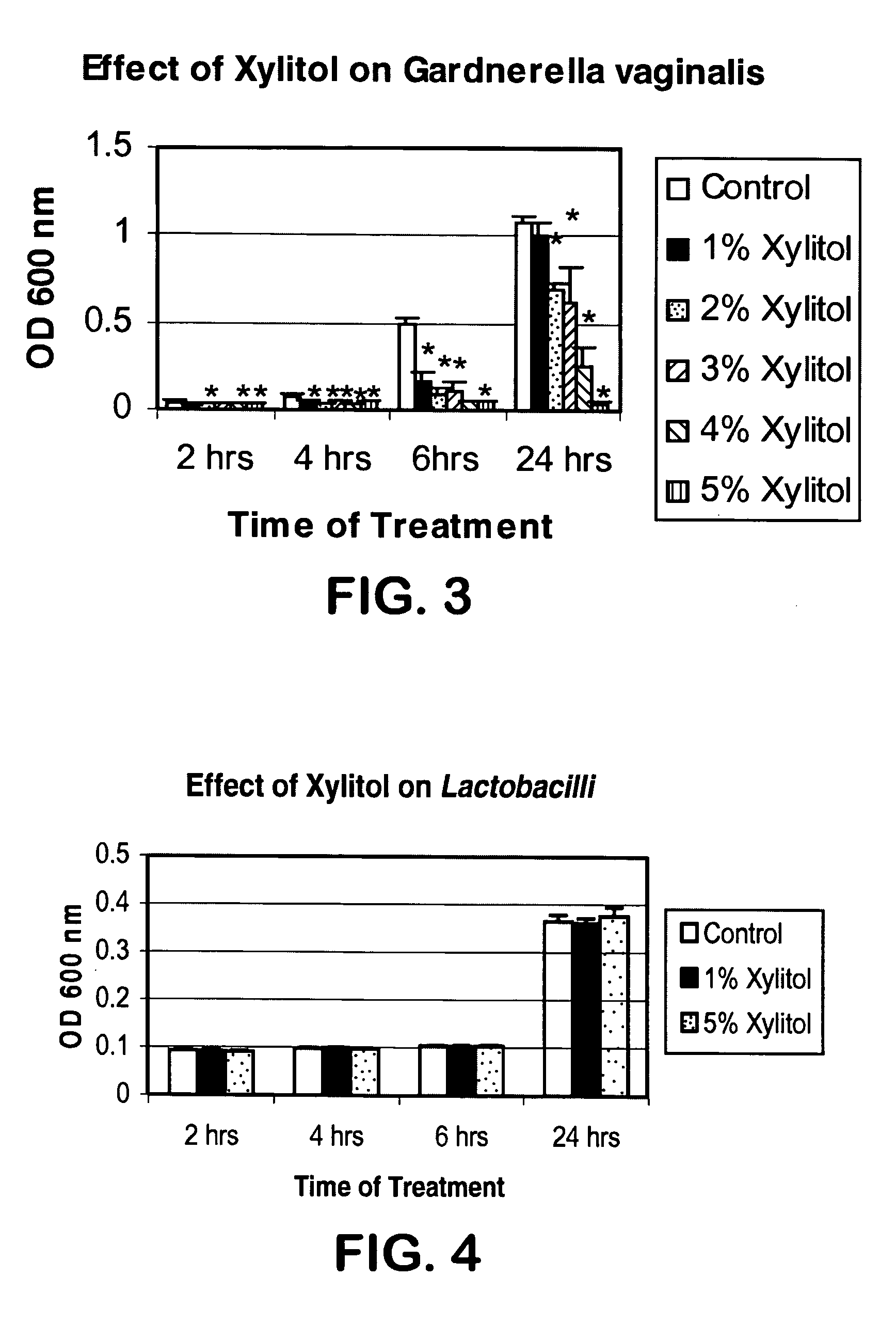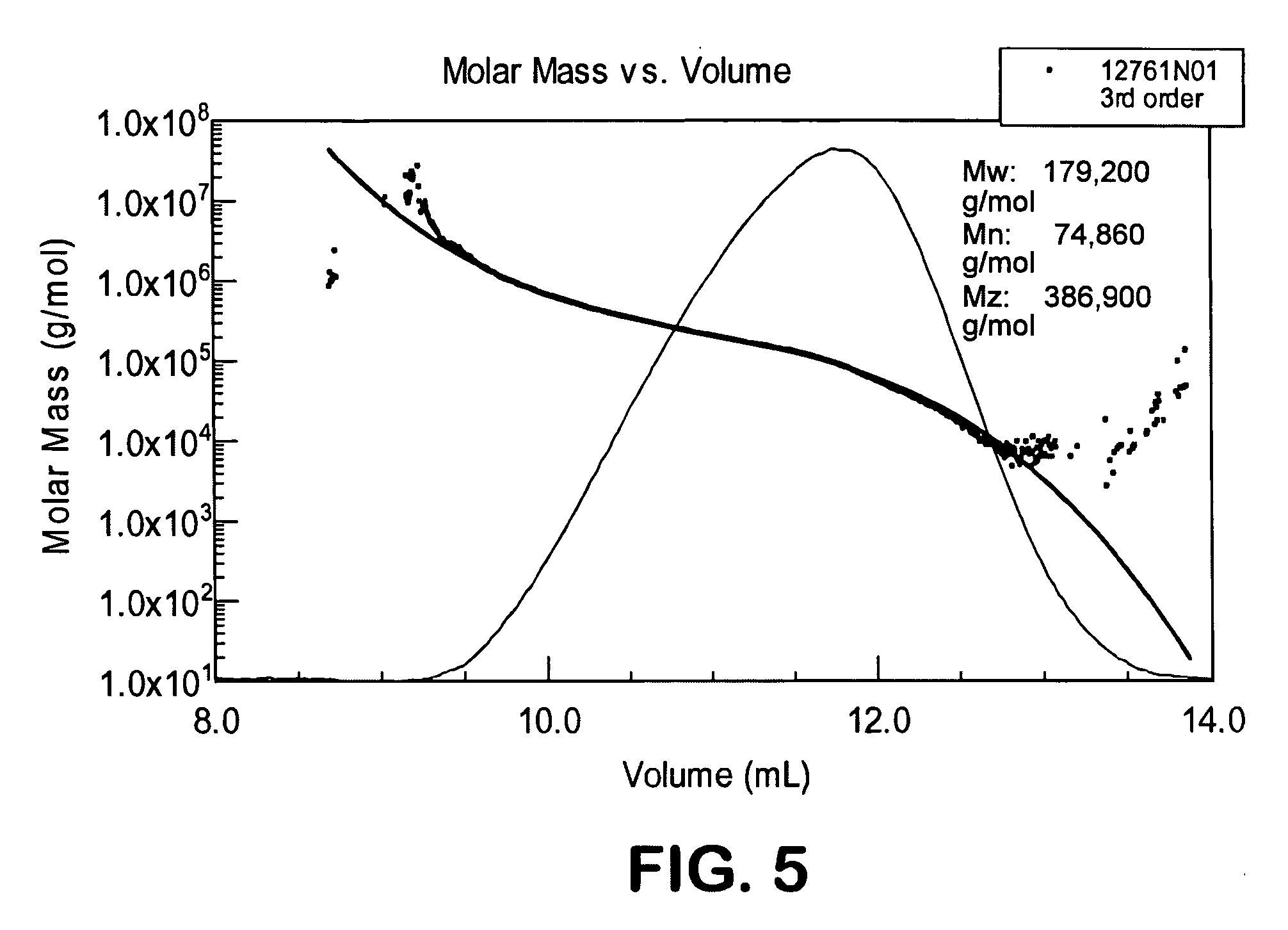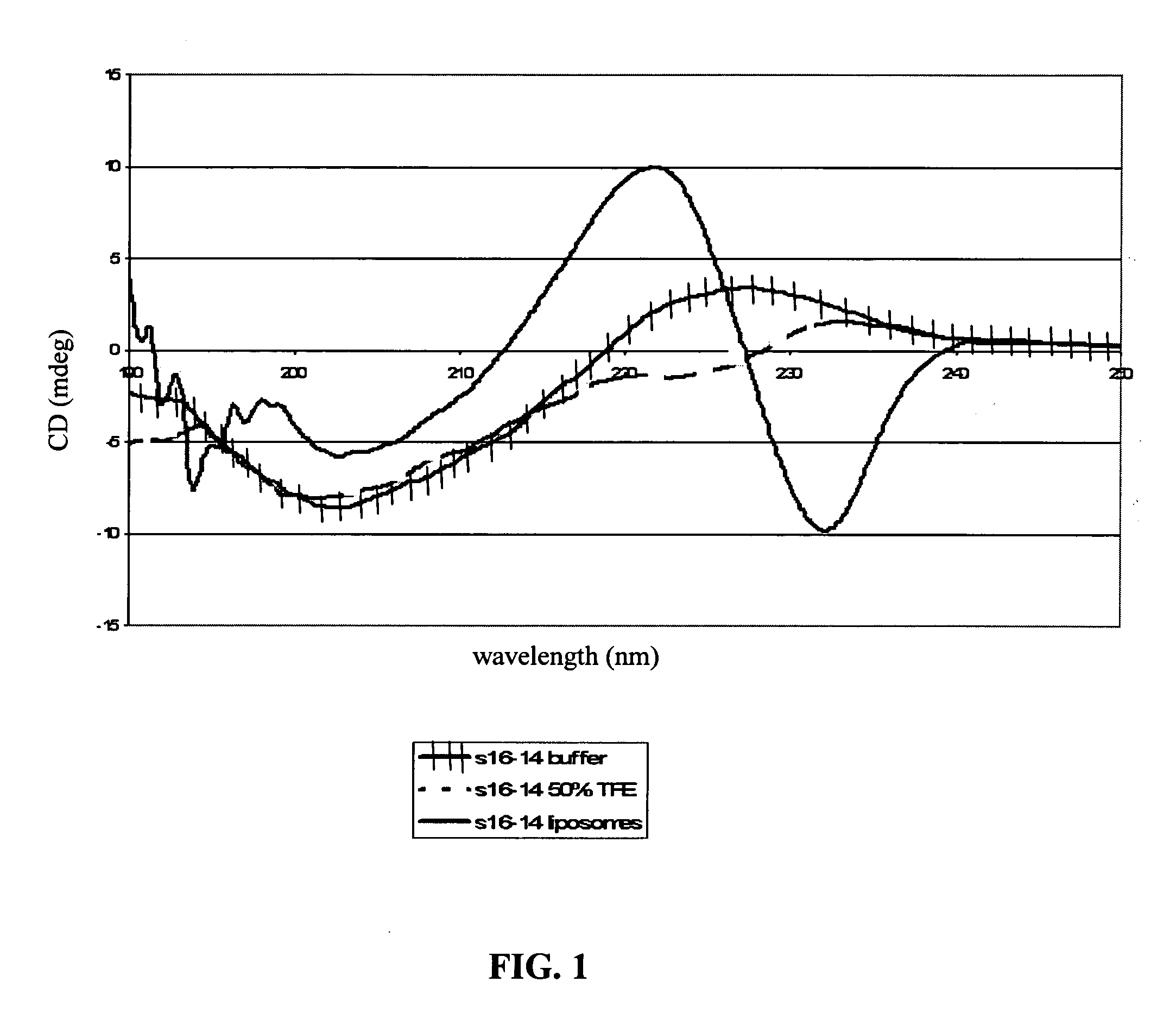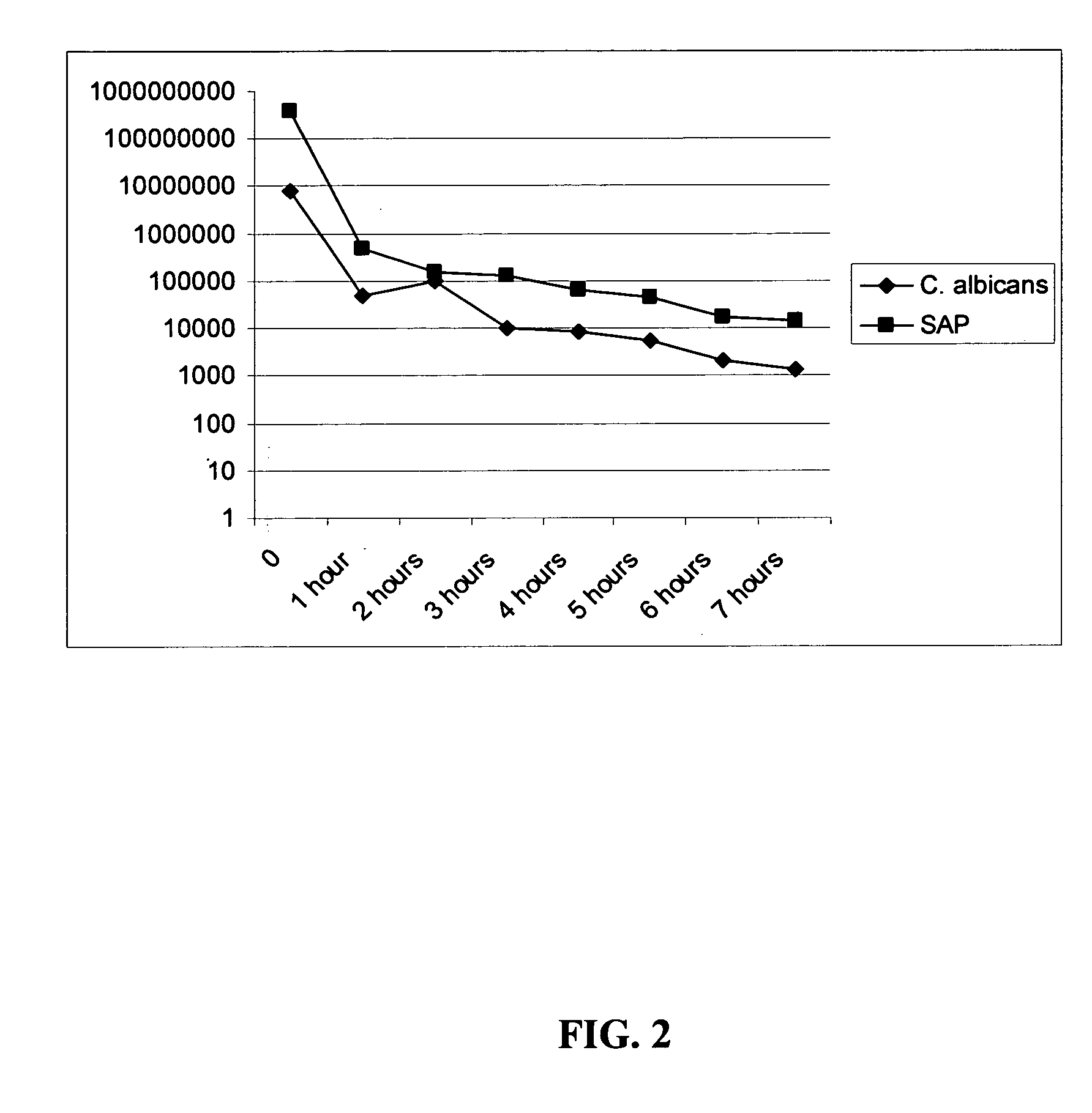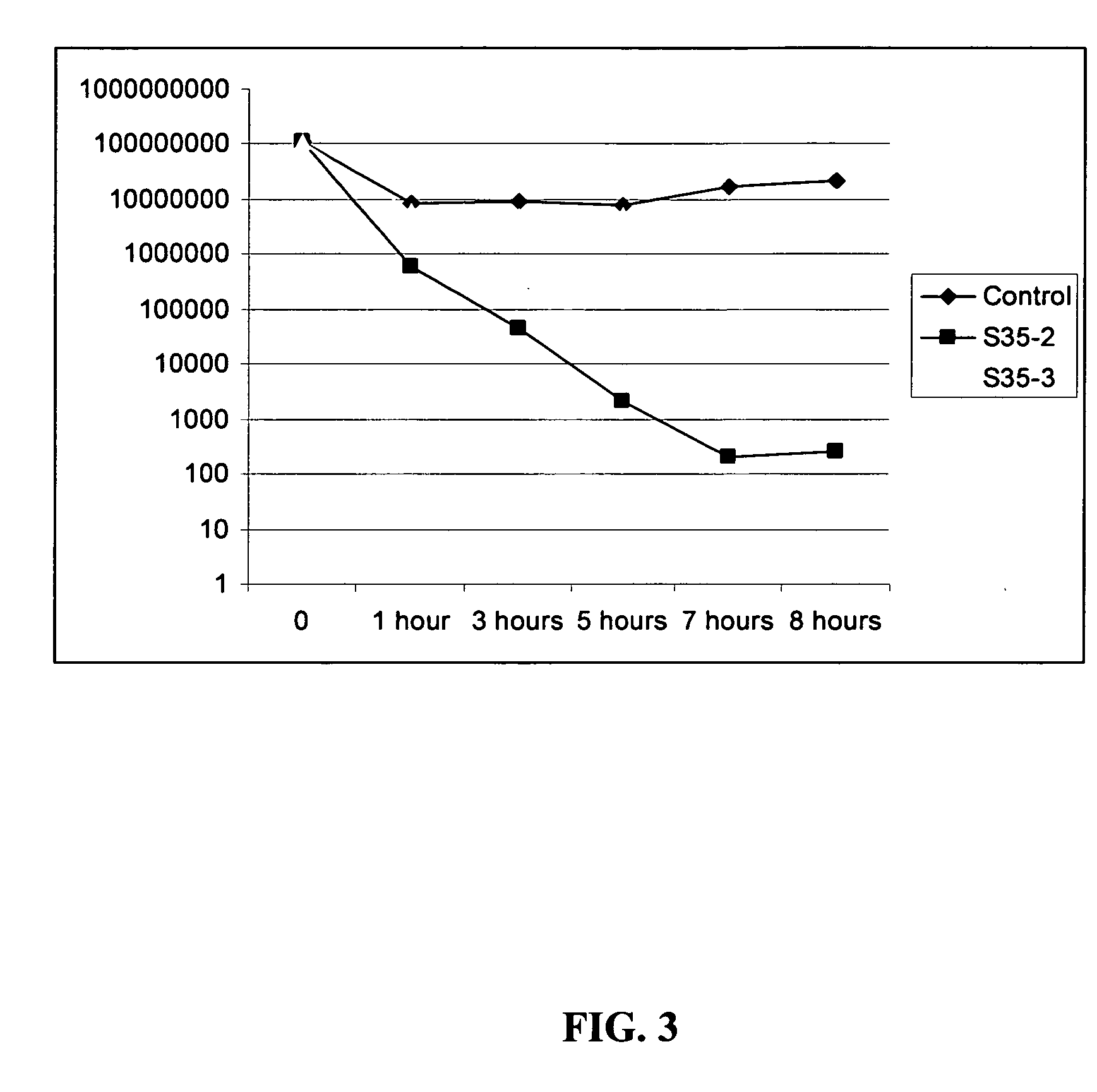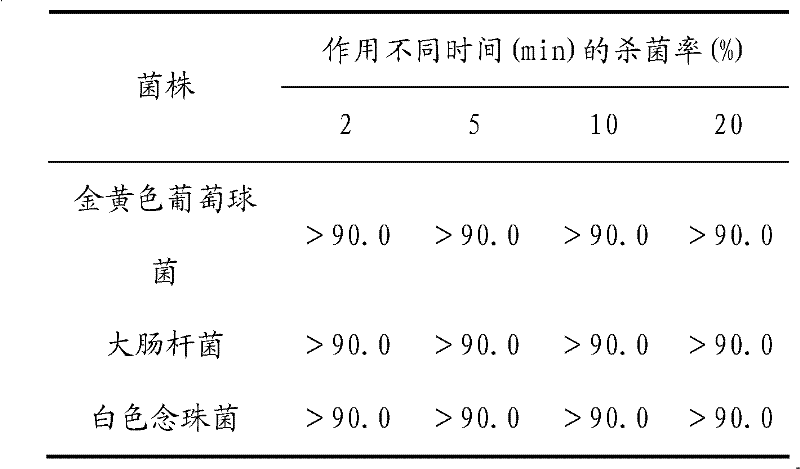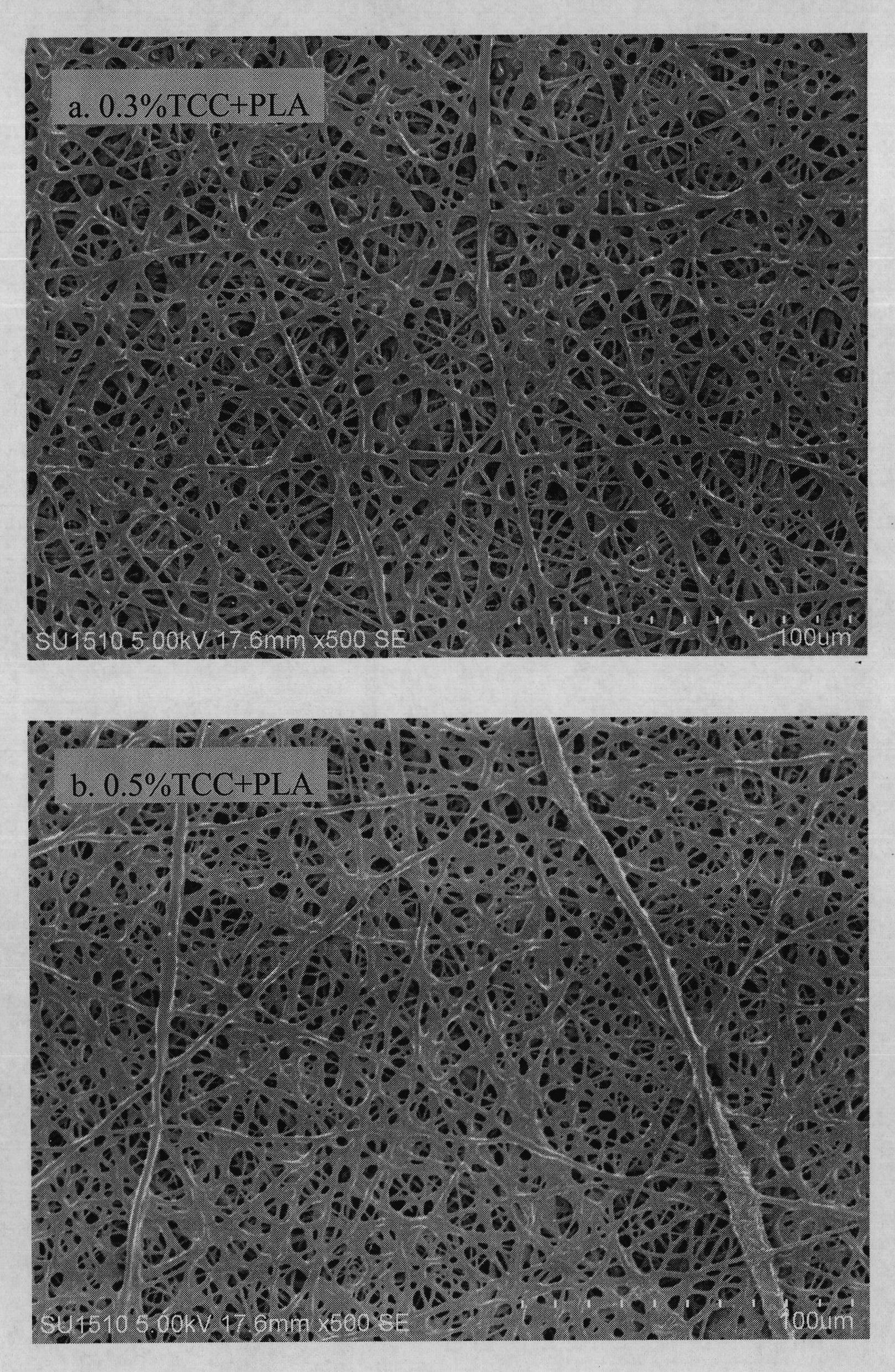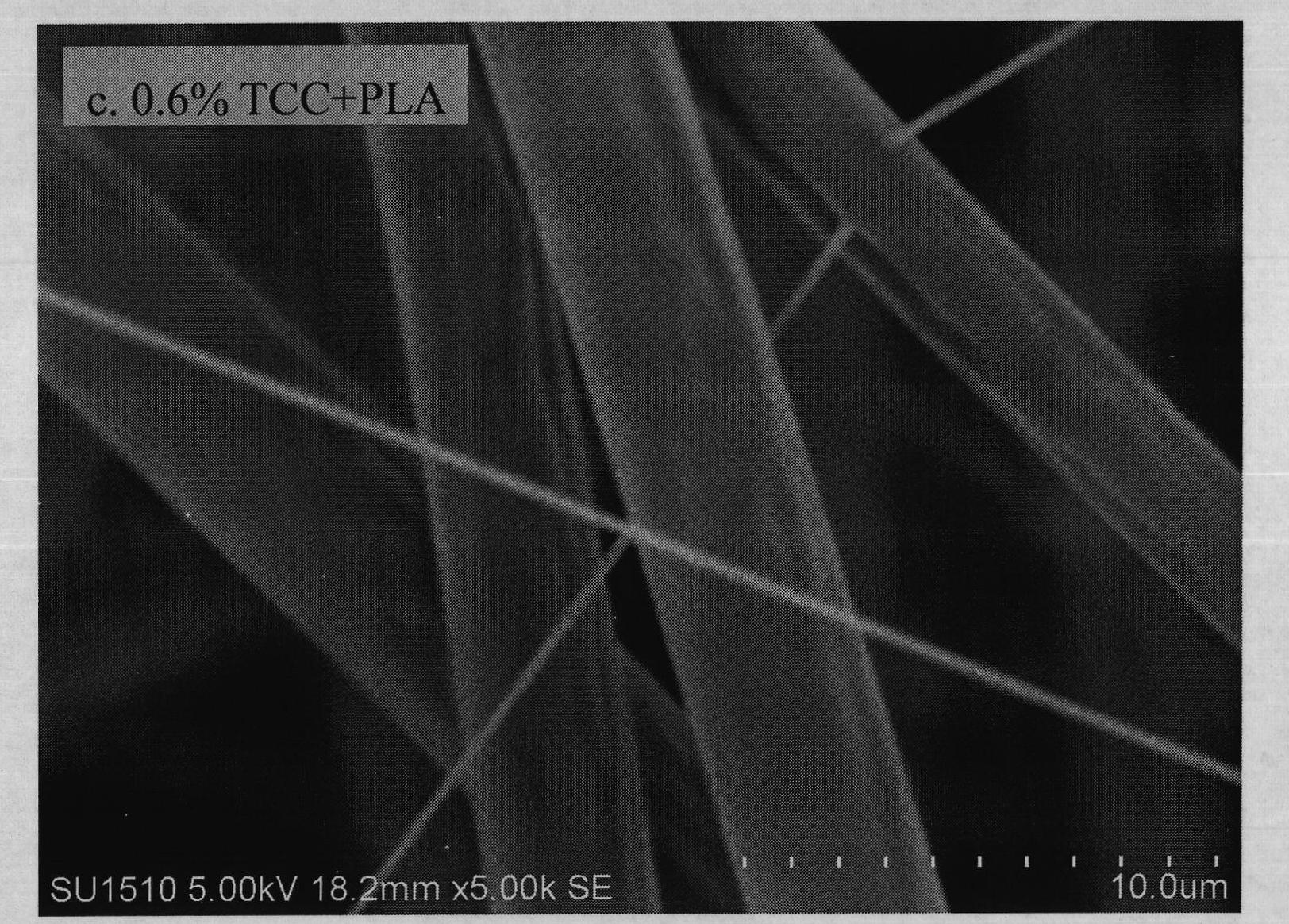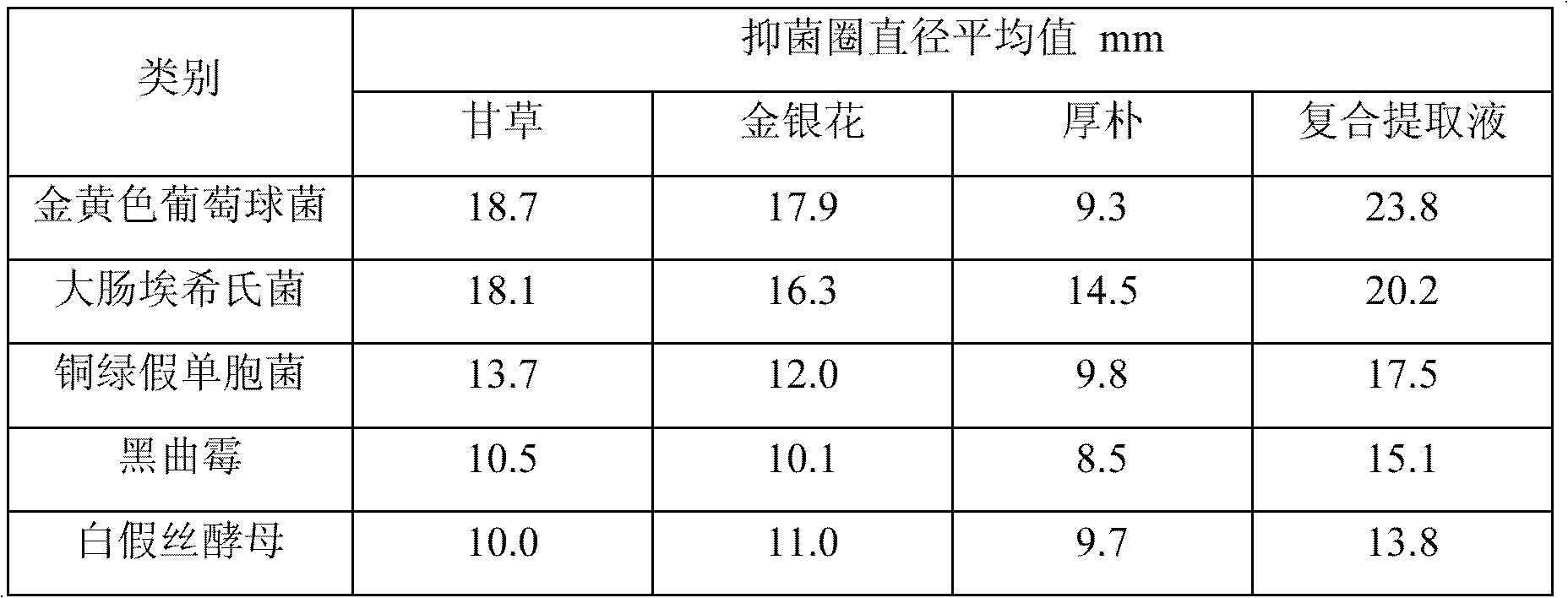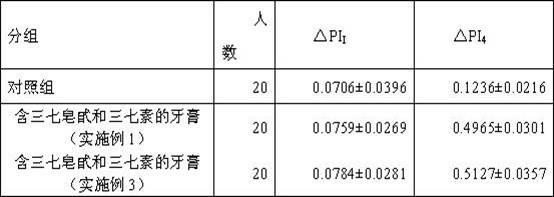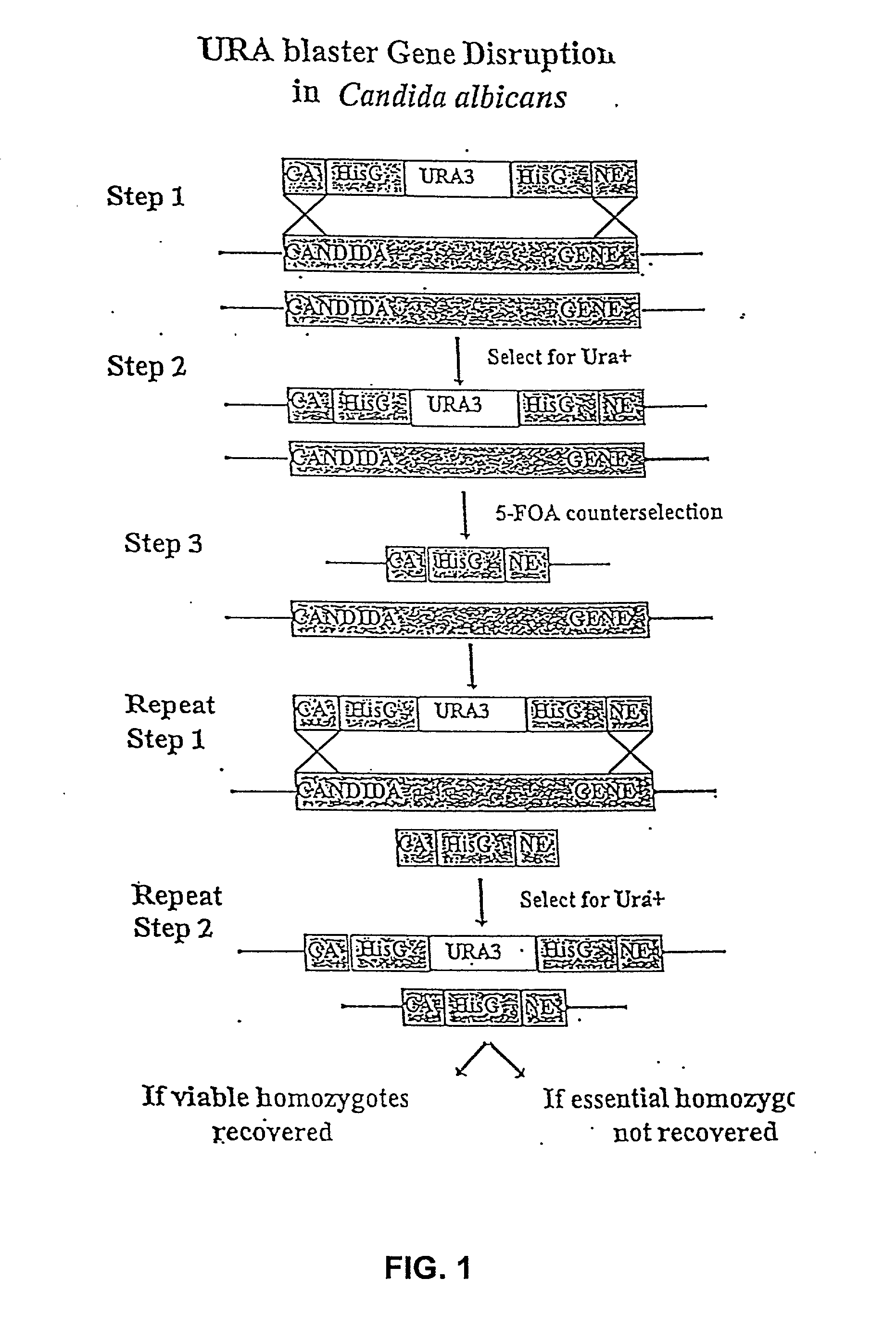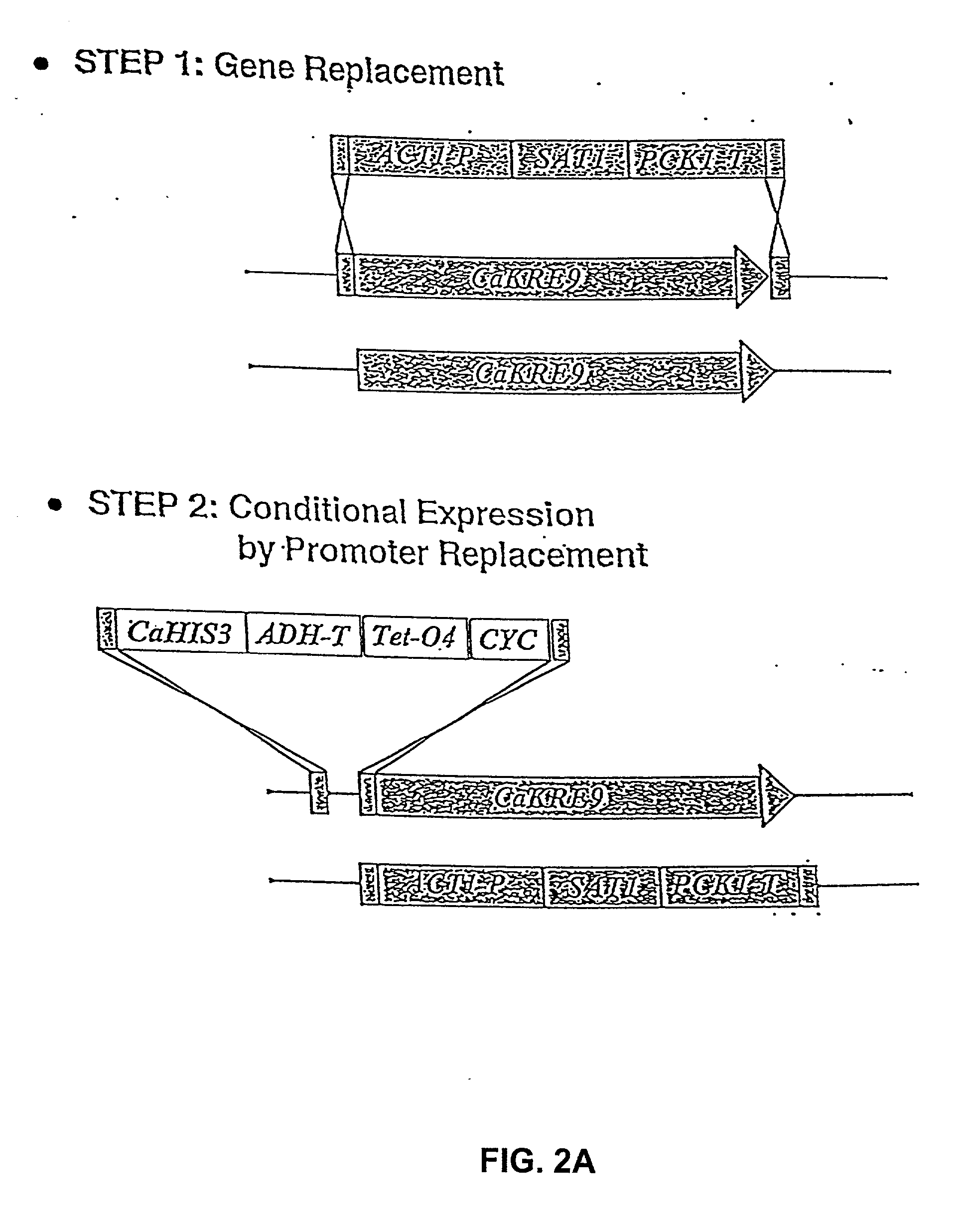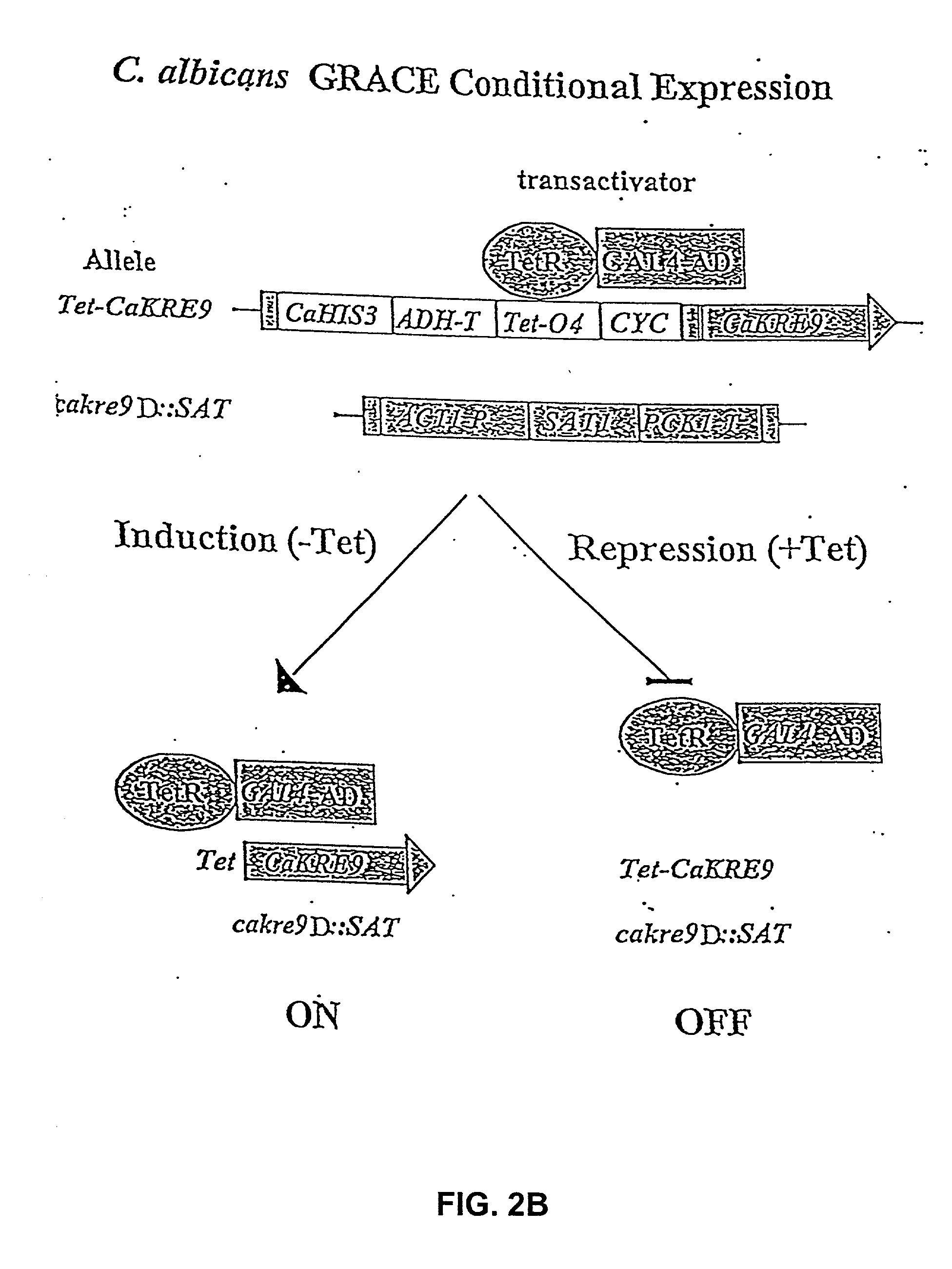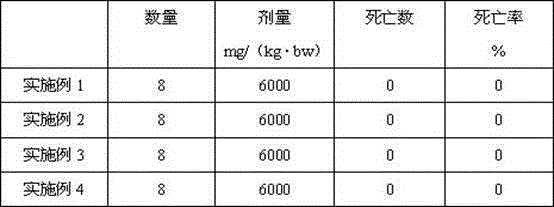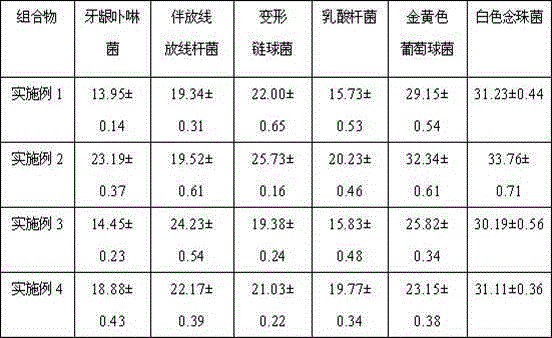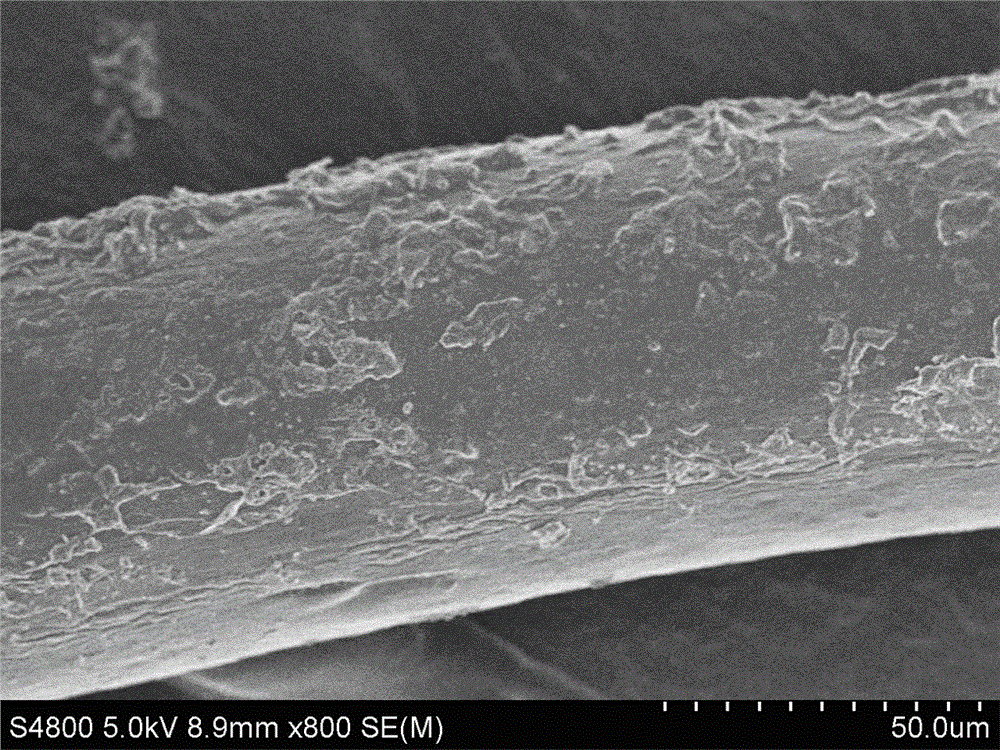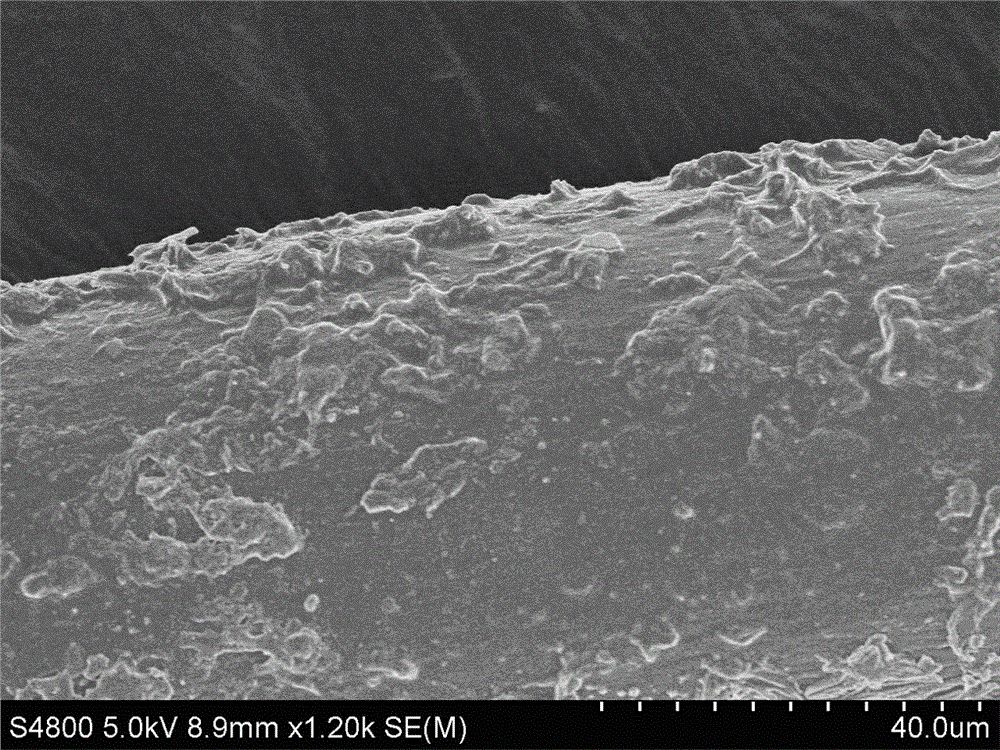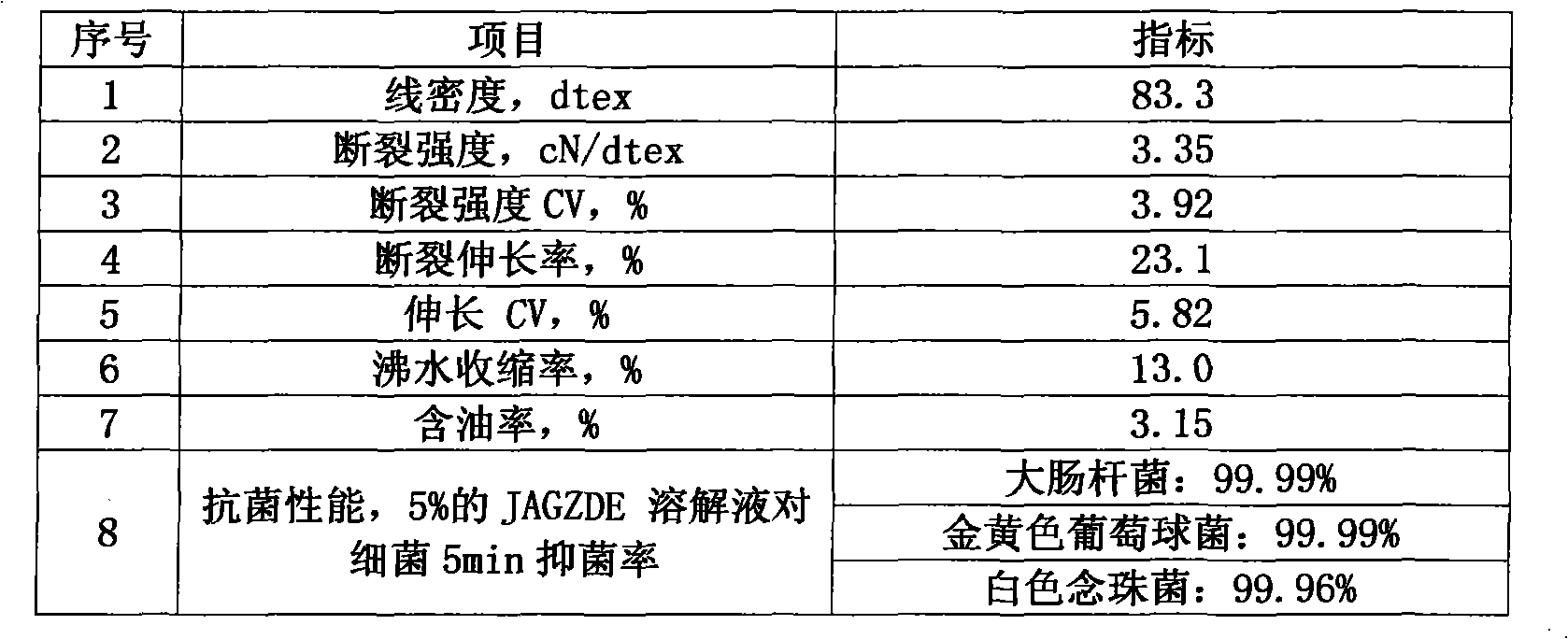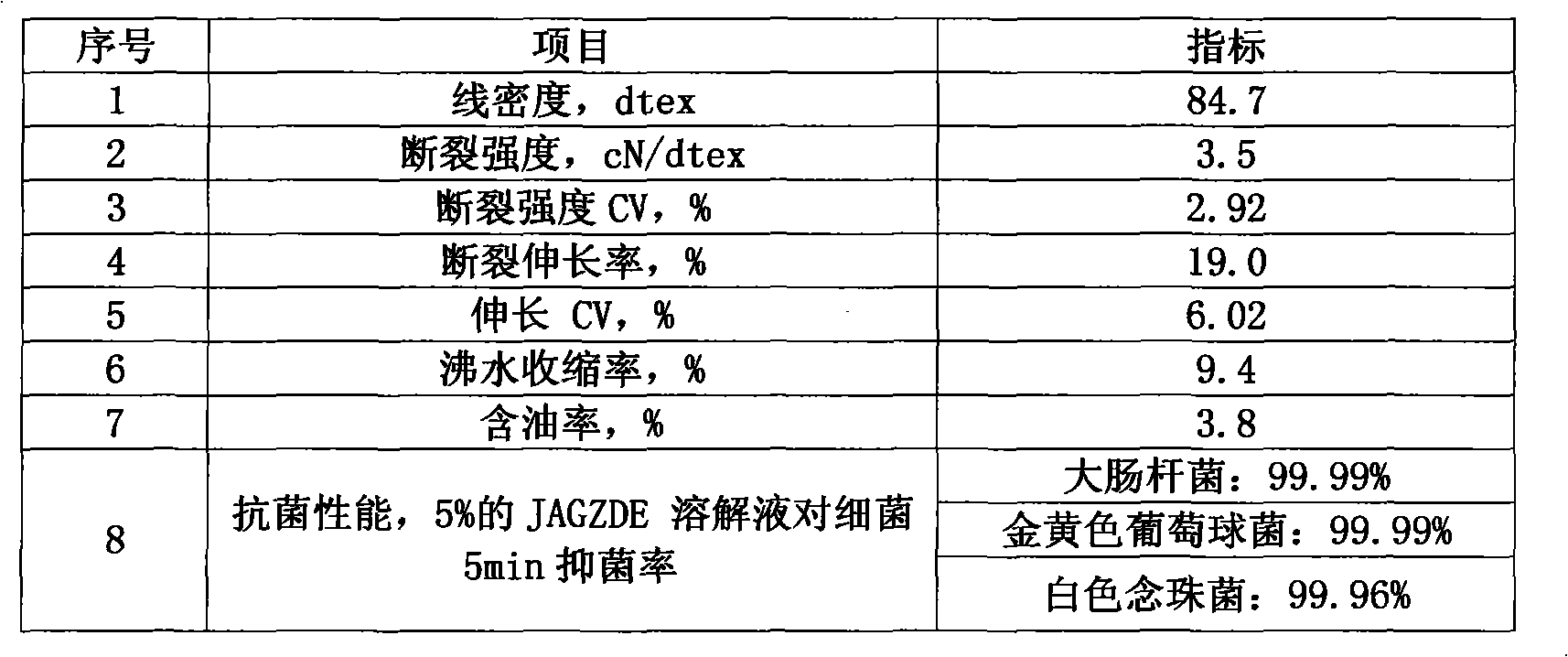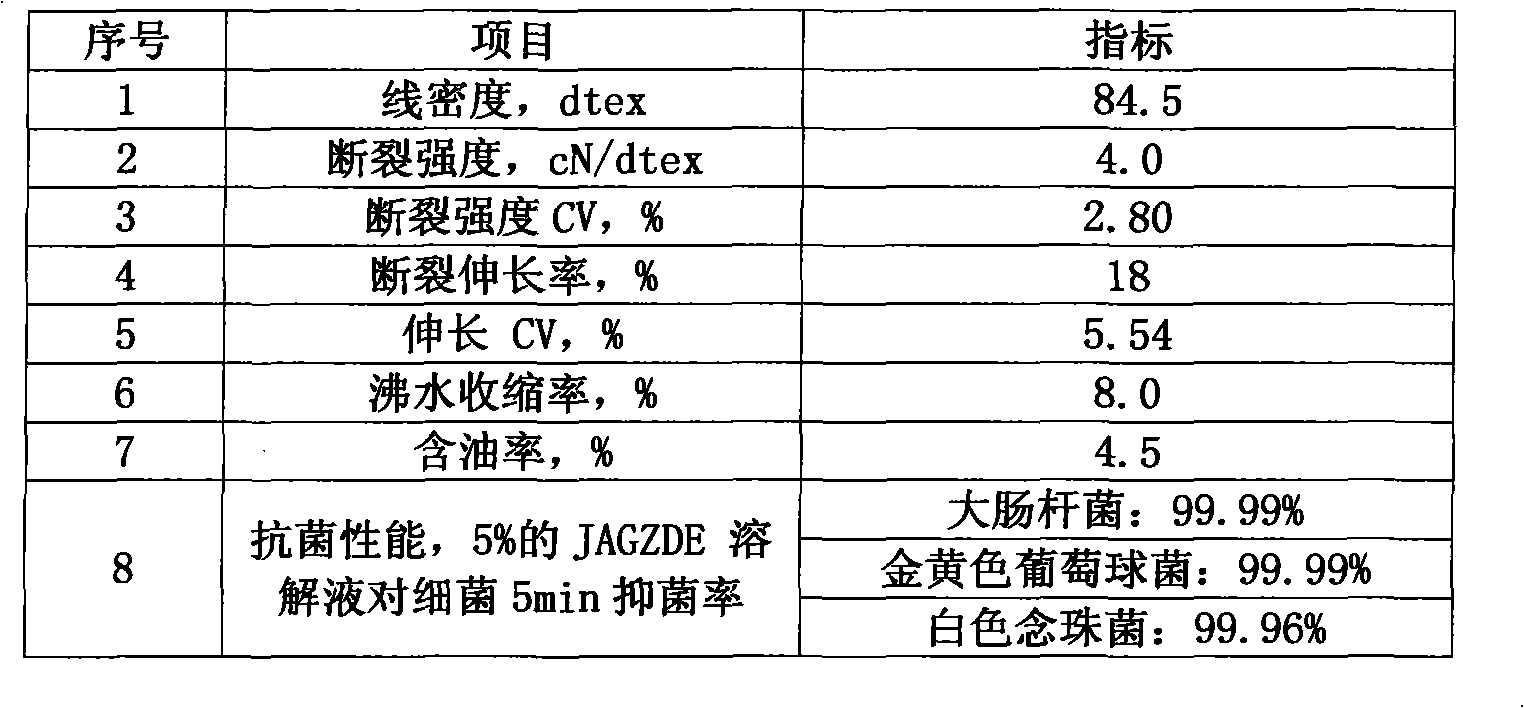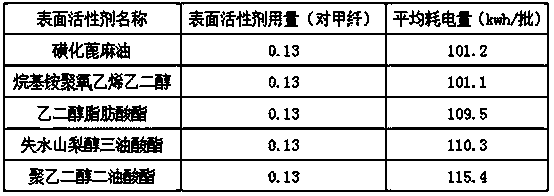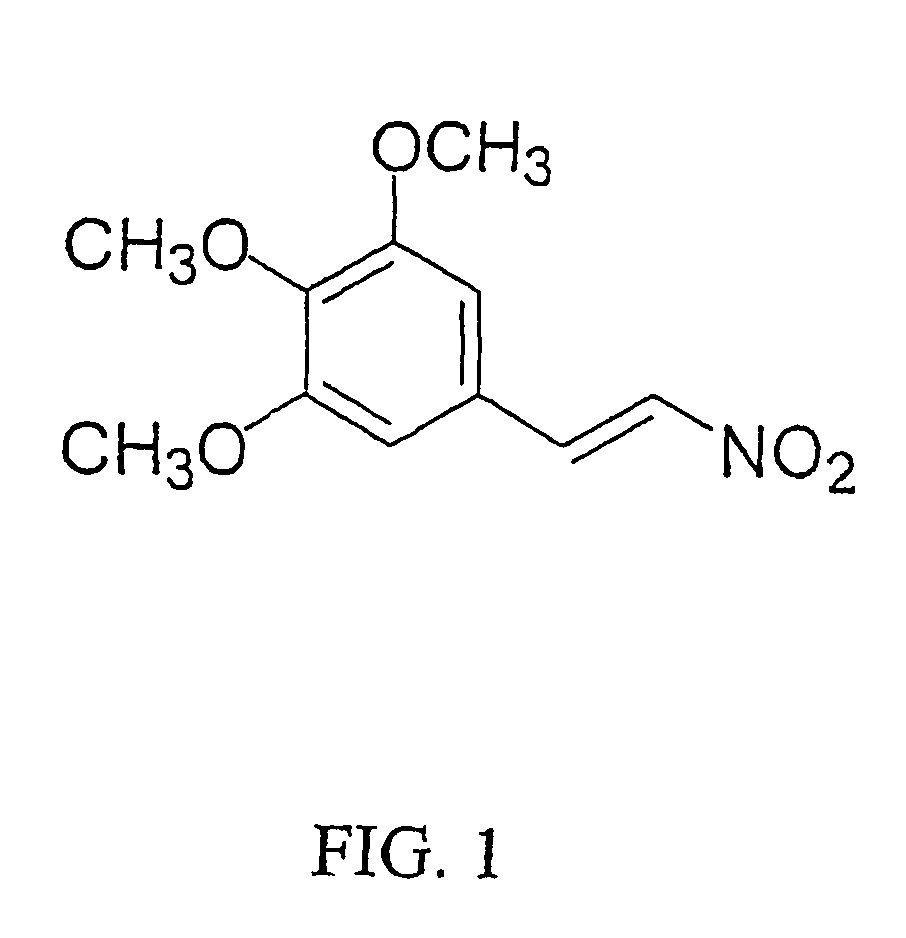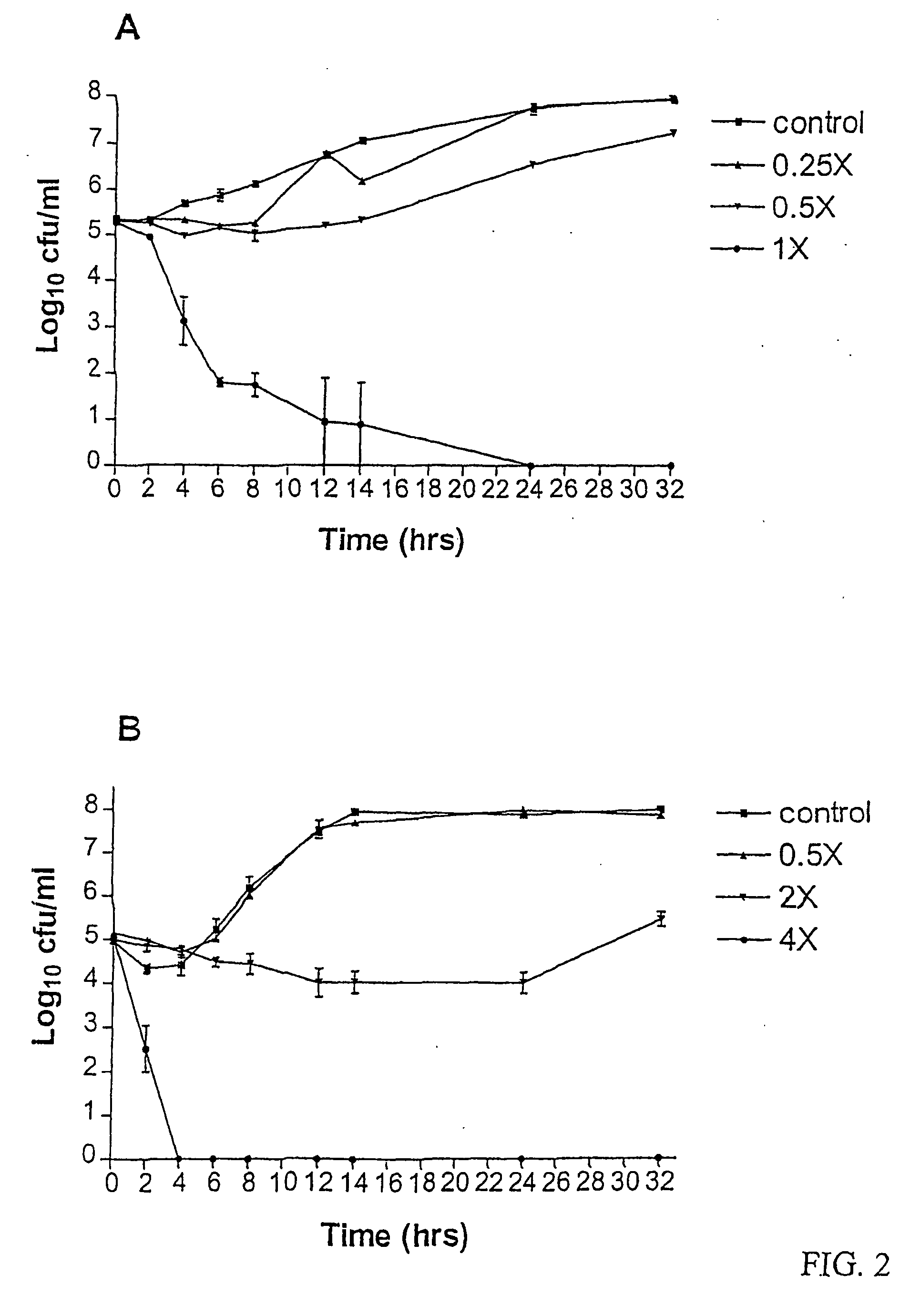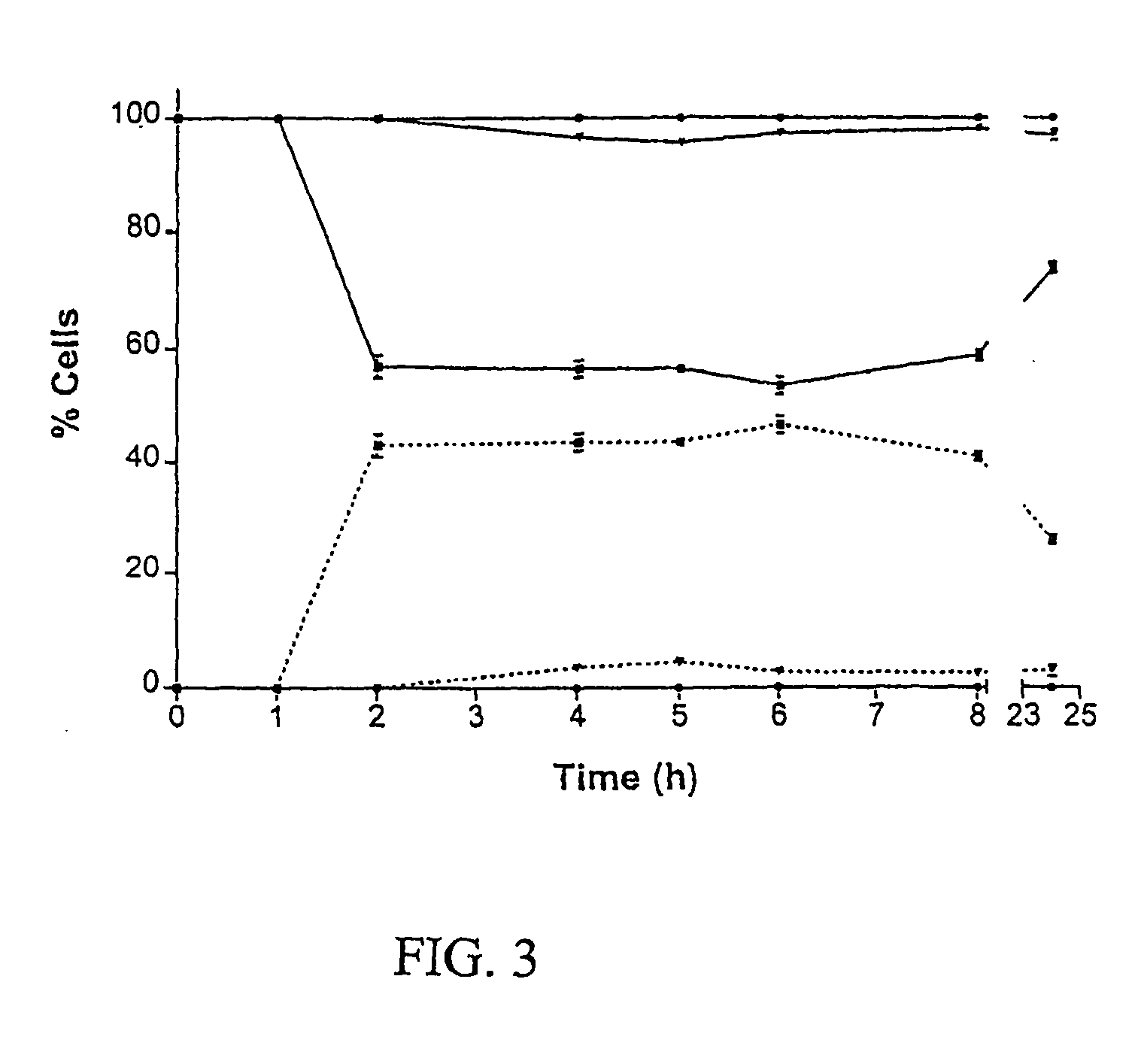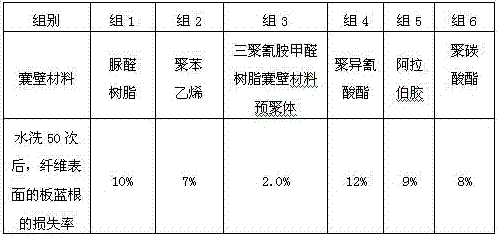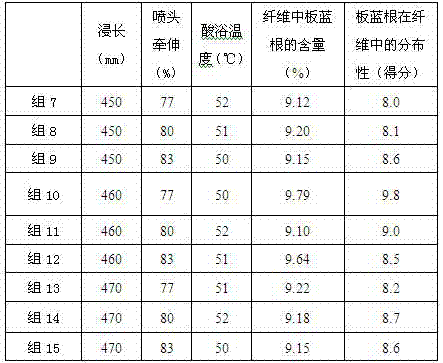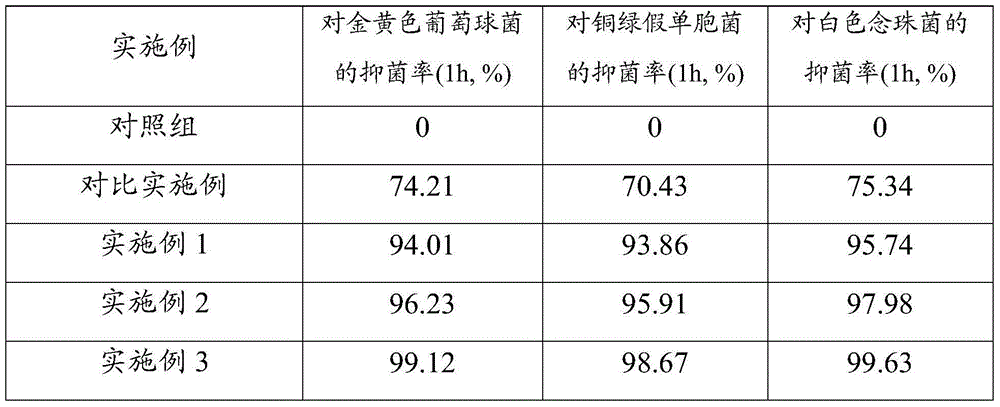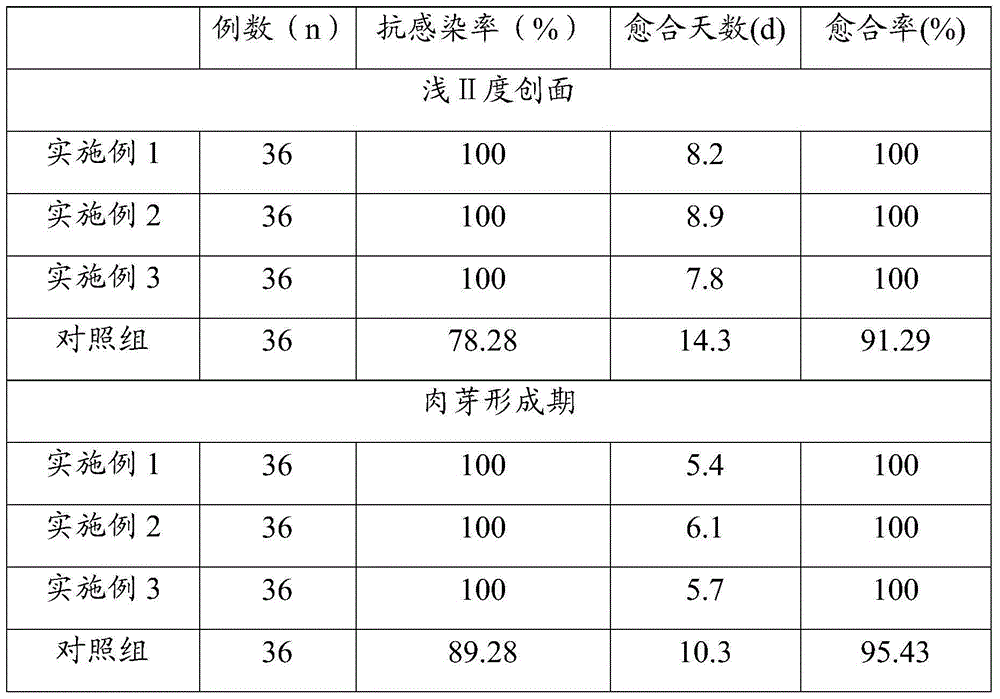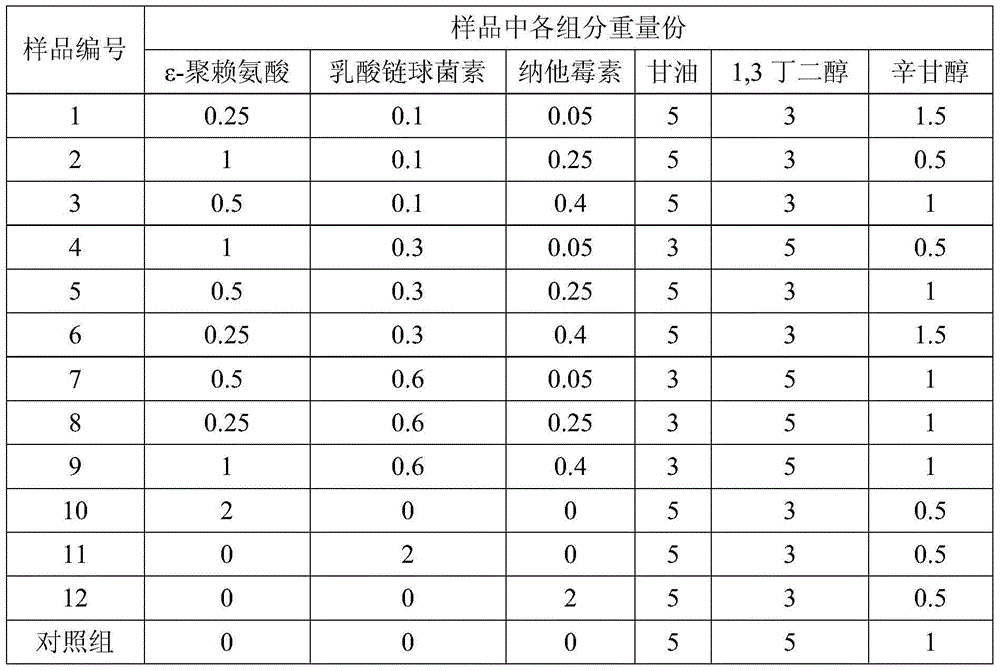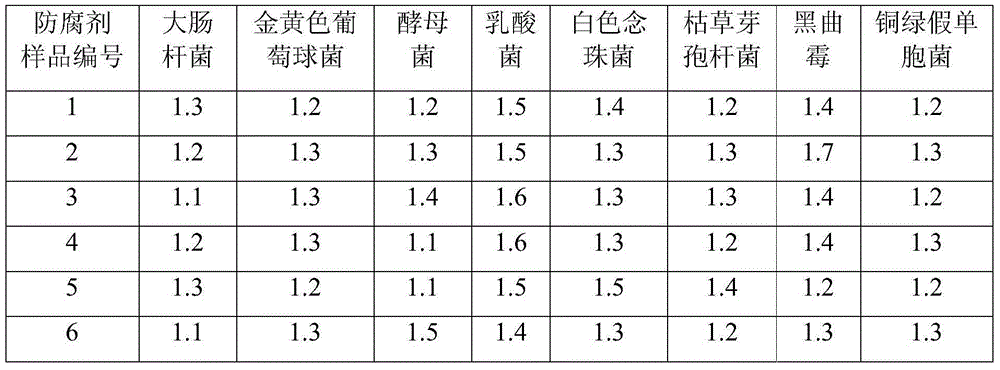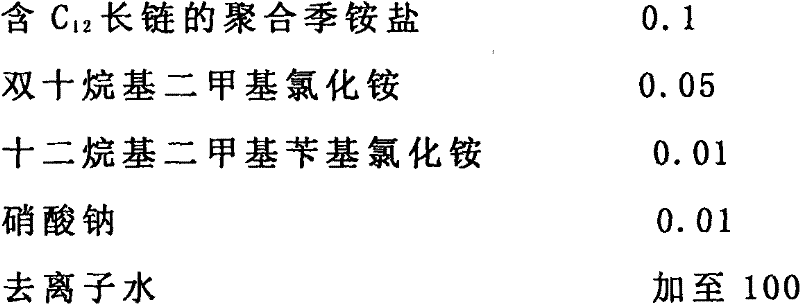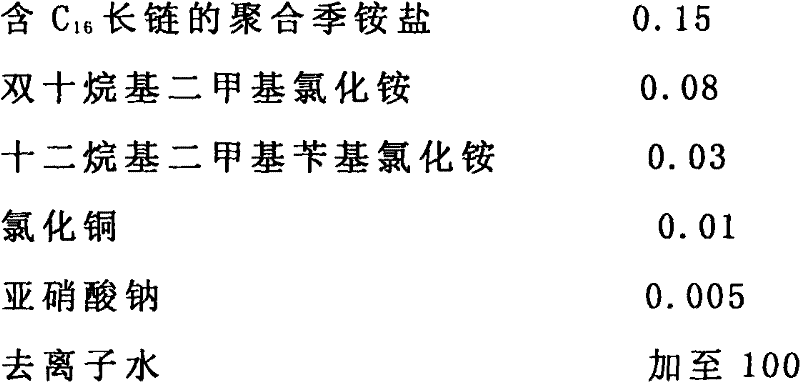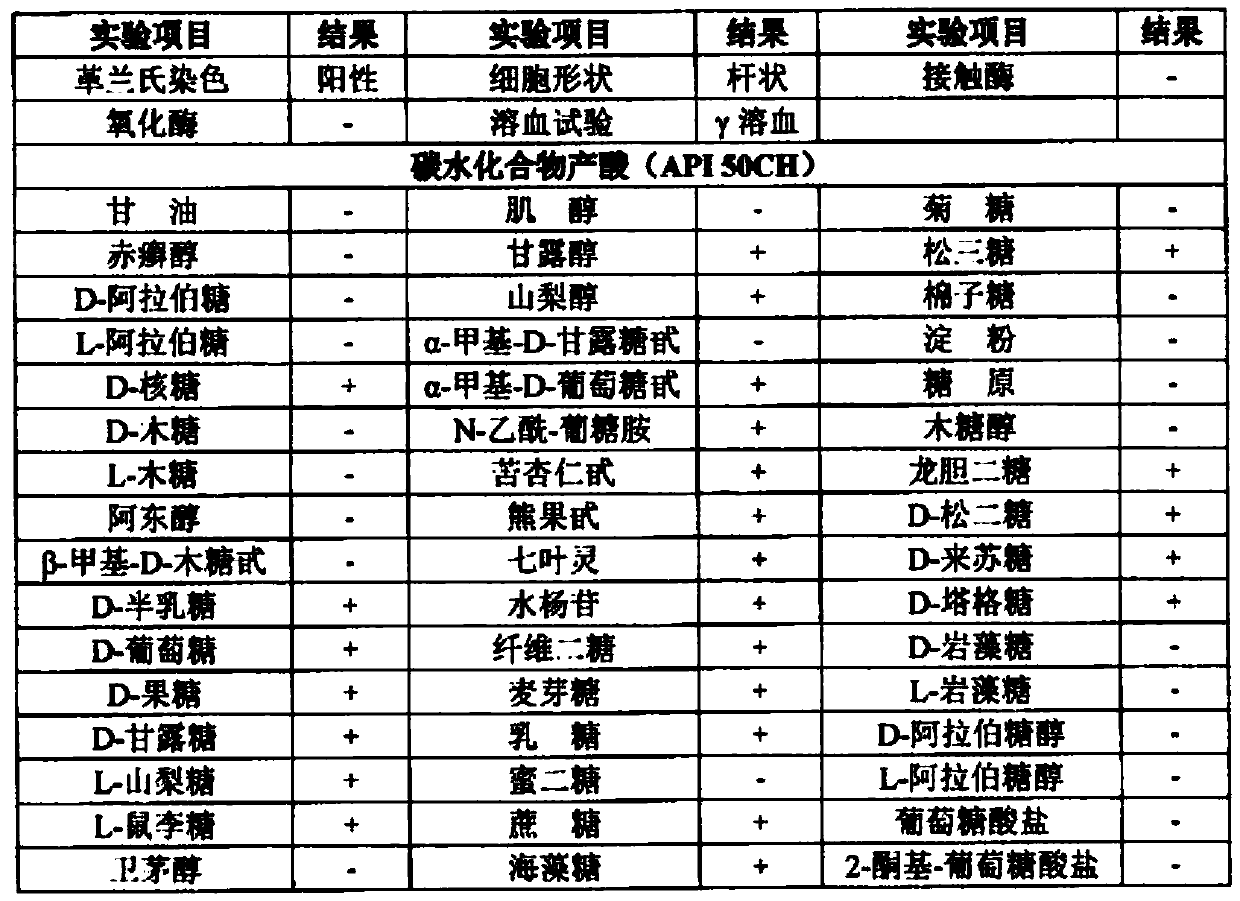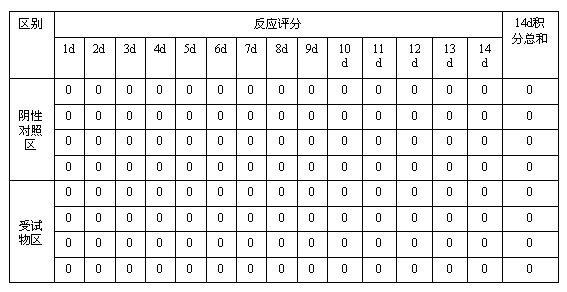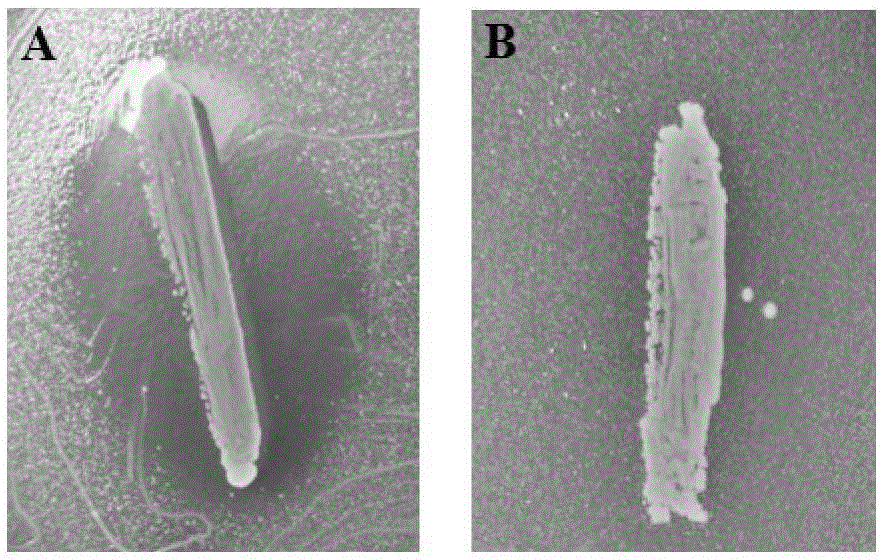Patents
Literature
Hiro is an intelligent assistant for R&D personnel, combined with Patent DNA, to facilitate innovative research.
870 results about "Candida albicans" patented technology
Efficacy Topic
Property
Owner
Technical Advancement
Application Domain
Technology Topic
Technology Field Word
Patent Country/Region
Patent Type
Patent Status
Application Year
Inventor
Candida albicans is an opportunistic pathogenic yeast that is a common member of the human gut flora. It can also survive outside the human body. It is detected in the gastrointestinal tract and mouth in 40–60% of healthy adults. It is usually a commensal organism, but it can become pathogenic in immunocompromised individuals under a variety of conditions. It is one of the few species of the genus Candida that causes the human infection candidiasis, which results from an overgrowth of the fungus. Candidiasis is for example often observed in HIV-infected patients. C. albicans is the most common fungal species isolated from biofilms either formed on (permanent) implanted medical devices or on human tissue. C. albicans, C. tropicalis, C. parapsilosis, and C. glabrata are together responsible for 50–90% of all cases of candidiasis in humans. A mortality rate of 40% has been reported for patients with systemic candidiasis due to C. albicans. By one estimate, invasive candidiasis contracted in a hospital causes 2,800 to 11,200 deaths yearly in the US. Nevertheless, these numbers may not truly reflect the true extent of damage this organism causes, given new studies indicating that C. albicans can cross the blood brain barrier.
Nanosilver-containing antibacterial and antifungal granules and methods for preparing and using the same
InactiveUS6379712B1Improve solubilityPreventing mold build-upPowder deliveryOrganic active ingredientsEscherichia coliDisease
The present invention relates to nanosilver-containing antibacterial and antifungal granules ("NAGs"). The NAGs have longlasting inhibitory effect on a broad-spectrum of bacteria and fungi, which include, but are not limited to, Escherichia coli, Methicillin resistant Staphylococcus aureus, Chlamydia trachomatis, Providencia stuartii, Vibrio vulnificus, Pneumobacillus, Nitrate-negative bacillus, Staphylococcus aureus, Candida albicans, Bacillus cloacae, Bacillus allantoides, Morgan's bacillus (Salmonella morgani), Pseudomonas maltophila, Pseudomonas aeruginosa, Neisseria gonorrhoeae, Bacillus subtilis, Bacillus foecalis alkaligenes, Streptococcus hemolyticus B, Citrobacter, and Salmonella paratyphi C. The NAGs contain ground stalk marrow of the plant Juncus effusus L. which has been dispersed with nanosilver particles. The nanosilver particles are about 1-100 nm in diameter. Each of the nanosilver particles contain a metallic silver core which is surrounded by silver oxide. The present invention also provides a process for making the NAGs. The NAGs can be used in a variety of healthcare and industrial products. Examples of the healthcare products include, but are not limited to, ointments or lotions to treat skin trauma, soaking solutions or cleansing solutions for dental or women hygiene, medications for treating gastrointestinal bacteria infections, sexual related diseases, and eye diseases. Examples of industrial products include, but are not limited to, food preservatives, water disinfectants, paper disinfectants, construction filling materials (to prevent mold formation).
Owner:LEGEND WIN FINANCE
Nucleic acid and amino acid sequences relating to Candida albicans for diagnostics and therapeutics
The invention provides isolated polypeptide and nucleic acid sequences derived from Candida albicans that are useful in diagnosis and therapy of pathological conditions; antibodies against the polypeptides; and methods for the production of the polypeptides. The invention also provides methods for the detection, prevention and treatment of pathological conditions resulting from fungal infection.
Owner:WEINSTOCK KEITH +1
Antimicrobial amino acid sequences derived from alpha-melanocyte-stimulating hormone
Owner:MSH PHARMA INC
Therapeutic agents for inhibiting and/or treating vaginal infection
A vaginal treatment composition that employs a therapeutic agent to inhibit and / or treat vaginal infection is provided. The therapeutic agent is capable of inhibiting and / or killing Gardnerella (e.g., Gardnerella vaginalis), Candida (e.g., Candida albicans), and / or Trichomonas (e.g., Trichomonas vaginalis) pathogens. Desirably, such antimicrobial efficacy is achieved without substantially inhibiting the growth of Lactobacillus acidophilus. For instance, sugars and / or sugar alcohols may be employed in the present invention as a therapeutic agent for inhibiting and / or treating vaginal infection. In one particular embodiment, D-xylitol is used as the therapeutic agent.
Owner:KIMBERLY-CLARK WORLDWIDE INC
Species-specific, genus-specific and universal DNA probes and amplification primers to rapidly detect and identify common bacterial and fungal pathogens and associated antibiotic resistance genes from clinical specimens for diagnosis in microbiology laboratories
InactiveUS20060263810A1Reduce usageDetermine rapidly the bacterial resistance to antibioticsSugar derivativesMicrobiological testing/measurementNeisseria meningitidisListeria monocytogenes
DNA-based methods employing amplification primers or probes for detecting, identifying, and quantifying in a test sample DNA from (i) any bacterium, (ii) the species Streptococcus agalactiae, Staphylococcus saprophyticus, Enterococcus faecium, Neisseria meningitidis, Listeria monocytogenes and Candida albicans, and (iii) any species of the genera Streptococcus, Staphylococcus, Enterococcus, Neisseria and Candida are disclosed. DNA-based methods employing amplification primers or probes for detecting, identifying, and quantifying in a test sample antibiotic resistance genes selected from the group consisting of blatem, blarob, blashv, blaoxa, blaZ, aadB, aacC1, aacC2, aacC3, aacA4, aac6′-IIa, ermA, ermB, ermC, mecA, vanA, vanB, vanC, satA, aac(6′)-aph(2″), aad(6), vat, vga, msrA, sul and int are also disclosed. The above microbial species, genera and resistance genes are all clinically relevant and commonly encountered in a variety of clinical specimens. These DNA-based assays are rapid, accurate and can be used in clinical microbiology laboratories for routine diagnosis. These novel diagnostic tools should be useful to improve the speed and accuracy of diagnosis of microbial infections, thereby allowing more effective treatments. Diagnostic kits for (i) the universal detection and quantification of bacteria, and / or (ii) the detection, identification and quantification of the above-mentioned bacterial and fungal species and / or genera, and / or (iii) the detection, identification and quantification of the above-mentioned antibiotic resistance genes are also claimed.
Owner:GENEOHM SCI CANADA
Antimicrobial hexapeptides
ActiveUS20060229252A1Growth inhibitionPrevent microbial infectionAntibacterial agentsPowder deliveryAcid-fastMammal
The invention encompasses hexapeptides consisting of alternating hydrophobic residues (B) at positions 2, 4, and 6, hydrophilic, hydrophilic, charged residues (X) at positions 1 and 3, and a naphthylalanine (Nal), an aliphatic or aromatic residue (O) at position five, represented generally by the formula XBXBOB, which exhibit antimicrobial activity against infections caused by a variety of pathogens. These pathogens may include gram positive or negative bacteria, acid-fast bacteria such a mycobacteria, parasites, dermatophytes, or fungal pathogens. Typical fungal pathogens include Candida albicans and typical dermatophytes include Trichophyton rubrum and Trichophyton mentagrophytes. The hexapeptides of the present invention exhibit antifungal activity, antibacterial activity, desirable stability, and lack toxicity to the mammal receiving treatment.
Owner:HELIX BIOMEDIX INC
Medicament for treating gynecological inflammation and preparation method thereof
ActiveCN102160887AGood killing effectHas the effect of treating female genital itchingHydroxy compound active ingredientsSexual disorderEscherichia coliChlorhexidine Acetate
The invention provides a medicament for treating gynecological inflammation, which comprises the following components in parts by weight: 5 to 30 parts of common cnidium fruit, 4 to 30 parts of golden cypress, 4 to 30 parts of lightyellow sophora root, 5 to 30 parts of sessile stemona root, 0.1 to 2 parts of borneol, 0.1 to 2 parts of menthol, 0.1 to 2 parts of chlorhexidine acetate, and 0.1 to 2 parts of vitamin E. Compared with the prior art, the invention adopts a compound preparation consisting of classical Chinese medicaments and western medicaments, and has the characteristics of quickly killing pathogenic bacteria of western medicaments as well as diminishing inflammation and resisting bacteria of Chinese medicaments. Microbiological experiments and toxicant experiments prove that: the Chinese medicinal preparation has an excellent killing effect on pathogenic bacteria causing gynecological inflammation, such as staphylococcus aureus, candida albicans, escherichia coli and other pathogens, has the effects of treating female pruritus vulvae, has an accurate curative effect, low toxic or side effect, excellent functions of inflammation diminishing, sterilization and itching relieving.
Owner:金日制药(中国)有限公司
Polylactic acid antibacterial nanofiber membrane and preparation method thereof
InactiveCN102086565AImprove breathabilityImprove stabilityFilament/thread formingNon-woven fabricsBiotechnologySpinning
The invention discloses a polylactic acid antibacterial nanofiber membrane and a preparation method thereof, which belong to the technical field of functional spinning. An antibacterial agent is added into polylactic acid, and an electrostatic spinning technology is adopted to prepare the polylactic acid antibacterial nanofiber membrane with high antibacterial activity. The antibacterial agent in the fiber membrane is triclocarban (TCC). The nanofiber membrane comprises 95 or 94 mass percent of polylactic acid and 5 or 6 mass percent of antibacterial activity TCC. The obtained antibacterial fiber membrane can inhibit over 93 percent of staphylococcus aureus, escherichia coli and candida albicans. The antibacterial fiber membrane can be applied to the fields of daily use, spinning, industry and medicaments.
Owner:JIANGNAN UNIV
Cosmetic containing plant bacteriostatic composition
ActiveCN102641225AGood antibacterial effectAdd lessAntibacterial agentsCosmetic preparationsEscherichia coliStaphylococcus aureus
The invention provides a cosmetic containing a plant bacteriostatic composition, containing 0.2-2.0% by weight of plant bacteriostatic composition; the plant bacteriostatic composition is formed by a licorice extract, a honeysuckle extract and a magnolia bark extract through compound combination. The cosmetic provided by the invention has good bacteriostatic action, particularly having synergistic effect on a side of inhibiting escherichia coli, staphylococcus aureus, pseudomonas aeruginosa, candida albicans and aspergillus niger so as to reduce additive amount of former chemical preservatives, and enable products to have antibacterial and anti-inflammatory effects at the same time.
Owner:TIANJIN YU MEI JING GRP
Gynaecologic multi-item dry chemical united detection test paper strip and its measuring method
InactiveCN101320040AReflect cleanlinessComprehensive detectionMaterial analysis by observing effect on chemical indicatorBiological testingWhite blood cellPaper tape
The invention relates to a test paper tape which can be used in the gynecological multiprogramming dry-chemistry joint detection. The test paper tape provided by the utility model comprises a dry-chemistry multiprogramming detection test paper tape which consists of a plastic substrate tape and various solidified regent blocks, and sample diluent. The dry regent blocks include combinations formed by increasing or decreasing at least three or more regent blocks of a Ph test regent block, a lactic acid regent block, a hydrogen peroxide concentration regent block, a leukocyte esterase concentration regent block, a neuraminidase activity regent block, an amine test regent block, a proline aminopeptidase substrate reagent block, an oxidase substrate reagent block, a N-acetylamine hexosidase substrate reagent block, a trichomonas specific protease substrate hydrolysis reagent block. the gynecological multiprogramming dry-chemistry joint detection test paper test provided by the utility model can detect Ph, lactic acid, hydrogen peroxide, leukocyte esterase, neuraminidase, amine test, proline aminopeptidase, oxidase, N-acetylamine hexosidase and trichomonas specific protease which are contained in leucorrhea sample at the same time, and can accurately reflect the microorganism environment of a women reproductive tract, the cleanness of leucorrhea secretion and the conditions of Candida albicans, trichomonas, gonococcus and the pathogens of bacterial vaginosis, thereby making the gynecological trichomonas detection more comprehensive; besides, the test paper tape provided by the utility model can be used easily and conveniently, and results can be obtained quickly. If the test paper tape is used together with a gynecological dry-chemistry analyzer, the operation can become easier and the result can be obtained more quickly.
Owner:杭州健宝医疗器械有限公司
Toothpaste containing dencichine and preparation method thereof
ActiveCN102379827AGood hemostatic effectEasy to useAntibacterial agentsCosmetic preparationsSide effectAnaerobic bacteria
The invention relates to toothpaste containing dencichine, which is characterized in that the toothpaste is prepared by adding arasaponin and dencichine into a toothpaste matrix, wherein the weight percent of the arasaponin is 0.2-1.2% and the weight percent of the dencichine is 0.01-1.0%. The toothpaste according to the invention can kill pyococcus, candida albicans, staphylococcus aureus, anaerobic bacteria and other pathogens which can cause gingivitis, periodontitis, canker sores, halitosis, ngival hamorrhage, caries and other symptoms in the oral cavity and eliminate the peculiar smell in the oral cavity. The effective rate for the gingivitis and the ngival hamorrhage achieves 94.6%; and the effective rate for the canker sores achieves 89%, and the efficacy is significant. The toothpaste has no toxicity or side effects, is safe to use and can prevent drug resistance. The toothpaste has significant efficacy for the gingivitis, the ngival hamorrhage, the canker sores and the like. The hemostatic effect of the toothpaste is well promoted. Sanchi extract and the dencichine are simultaneously used in the toothpaste, thereby enabling the effects of relieving pain and preventing thegingivitis, the ngival hamorrhage and the pain of the toothpaste to be more significant.
Owner:YUNNAN PHYTOPHARML
Plant lactobacillus strain and its application
InactiveCN1888051AImprove cleanlinessImprove adhesionBacteriaBacteria material medical ingredientsEscherichia coliStaphylococcus cohnii
The present invention discloses one plant lactobacillus strain and its application. The plant lactobacillus, Lactobacillus plantarum L323 CGMCC No. 1329, is separated from Chinese pregnant woman's vaginal secretion, and has relatively high bacteriotasis on common vaginal pathogens, such as staphylococcus aureus, candida albicans, colibacillus and vaginal Gardnar bacillus, and acid producing and H2O2 producing capacity higher than other lactobacillus. The plant lactobacillus, Lactobacillus plantarum L323 CGMCC No. 1329, may be used in preparing vaginal microbial preparation for preventing and / or treating vaginal infectious diseases.
Owner:TIANYOUDA BIO ENG SCI & TECH BEIJING +1
Polyhexamethylene guanidine propionate disinfectant and preparation method thereof
InactiveCN101574087AImprove the bactericidal effectEnhance long-term antibacterial effectBiocideDead animal preservationEscherichia coliNon toxicity
The invention provides a polyhexamethylene guanidine propionate disinfectant and a preparation method thereof. The polyhexamethylene guanidine propionate disinfectant is a hydrophilic solution prepared by the following steps: adding polyhexamethylene guanidine propionate, citric acid and surfactant to water and uniformly stirring the mixture at normal temperature. The polyhexamethylene guanidine propionate disinfectant has the advantages of broad spectrum of disinfection, quick results, long-time disinfection capability, high safety, non-toxicity, environmental protection, high stability, easy application, quick infiltration and volatilization, no coloration, easy cleaning, and the like. The polyhexamethylene guanidine propionate disinfectant has strong sterilization functions for colon bacillus, staphylococcus aureus, candida albicans, and the like with two-year effective periods. The polyhexamethylene guanidine propionate disinfectant can be used for disinfection of skins, wound surfaces, hands, air, departments of gynecology and urology, drinking water, and the like, thereby being a novel and ideal disinfectant.
Owner:铜陵高聚生物科技有限公司
Gene disruption methodologies for drug target discovery
The present invention provides methods and compositions that enable the experimental determination as to whether any gene in the genome of a diploid pathogenic organism is essential, and whether it is required for virulence or pathogenicity. The methods involve the construction of genetic mutants in which one allele of a specific gene is inactivated while the other allele of the gene is placed under conditional expression. The identification of essential genes and those genes critical to the development of virulent infections, provides a basis for the development of screens for new drugs against such pathogenic organisms. The present invention further provides Candida albicans genes that are demonstrated to be essential and are potential targets for drug screening. The nucleotide sequence of the target genes can be used for various drug discovery purposes, such as expression of the recombinant protein, hybridization assay and construction of nucleic acid arrays. The uses of proteins encoded by the essential genes, and genetically engineered cells comprising modified alleles of essential genes in various screening methods are also encompassed by the invention.
Owner:MERCK & CO INC
Plant bacteriostatic composition and application thereof in cosmetics
ActiveCN102669191AGood antibacterial effectAdd lessCosmetic preparationsBiocideEscherichia coliOfficinalis
The invention provides a plant bacteriostatic composition and application thereof in cosmetics. The plant bacteriostatic composition is obtained by compounding a licorice extract, a honeysuckle extract and a Mangnolia officinalis extract. The plant bacteriostatic composition has good bacteriostatic effect and particularly has a synergistic effect of inhibiting escherichia coli, staphylococcus aureus, pseudomonas aeruginosa, candida albicans and aspergillus niger. The plant bacteriostatic composition can be applied to skin-care and washing cosmetics, reduces the adding amount of original preservatives and enables a product to have both antibacterial and anti-inflammatory effects.
Owner:TIANJIN YU MEI JING GRP
Bacteria removing solution and preparation method thereof
InactiveCN103041376AInhibit synthesisGood killing effectOrganic active ingredientsPeptide/protein ingredientsEscherichia coliCandida albicans
The invention discloses a bacteria removing solution and a preparation method thereof. The bacteria removing solution comprises the following components in percent by weight: 1.0-2.0% of carboxymethyl chitosan, 2.0- 4.0% of algal polysaccharides, 6.0-8.0% of cecropin, 1.5-3.5% of N-acetyl murein glycan hydrolytic enzyme, and 82.5-89.5% of water. When the bacteria removing solution is applied to staphylococcus aureus, escherichia coli and candida albicans for 2 min, the average kill ratio is higher than 99.9%, and while the bacteria removing solution is applied to staphylococcus aureus, escherichia coli and candida albicans for 5 min, the average kill ratio is 100%. The bacteria removing solution has the advantages of low use concentration and good sterilizing effect.
Owner:QINGDAO HIFUN MARINE BIOLOGICAL TECH
Oral antibacterial composition containing nisin and polylysine and preparation method thereof
InactiveCN105326656AImprove the bactericidal effectNo adverse reactionAntibacterial agentsCosmetic preparationsSide effectPorphyromonas gingivalis
The invention provides an oral antibacterial composition containing nisin and polylysine. According to the composition, the growth of oral pathogenic bacteria such as porphyromonas gingivalis, actinobacillus actinomycetemcomitans, streptococcus mutans, lactic acid bacillus, staphylococcus aureus and candida albicans can be effectively inhibited, and tooth decay, gingivitis, periodontitis, ozostomia and the like can be prevented; the composition can be prepared into toothpaste, mouth wash, refreshing and tasting chips and chewing gum which are used for preventing and treating oral diseases. Meanwhile, the invention provides a preparation method of the compositions such as the toothpaste, the mouth wash, the refreshing and tasting chips and the chewing gum. The oral antibacterial composition prepared through the method can prevent and treat various oral diseases and has no toxic and side effect and allergy or stimulation phenomenon on a human body.
Owner:SHANDONG ACADEMY OF PHARMACEUTICAL SCIENCES
Antiviral and antibiotic fiber, and preparation method and use thereof
The invention discloses an antiviral and antibiotic fiber, and a preparation method and an application thereof. The surface of the fiber is grafted with a monomer with a cationic functional group. The preparation method comprises the following steps: preprocessing a raw material fiber to improve the hydrophilic performance of the raw material fiber, fully infiltrating the preprocessed fiber in a grafting liquid containing a cationic functional group monomer, and carrying out an irradiation grafting reaction to obtain the antiviral and antibiotic fiber. The raw material fiber used by the preparation method can be a chemical fiber or natural fiber. Each of the anti-influenza virus rate and the anti-adenovirus rate of the antiviral and antibiotic fiber prepared in the invention is higher than 90%, and each of the anti-Staphylococcus aureus rate, the anti-Escherichia coli rate and the anti-Candida albicans rate of the antiviral and antibiotic fiber is higher than 96%. The antiviral and antibiotic fiber can be processed to form yarns, fabrics, nonwoven fabrics, nets and felts applied in medical, environmentally-friendly or / and personnel hygiene articles according to different uses.
Owner:SHENZHEN QIANHAI GUANGDA TECH INFORMATION SERVICE
Method for preparing antibacterial blending polyester heteromorphic fibre
The invention relates to a method for preparing antibacterial blending polyester heteromorphic fibre in the technical field of nano materials. The method comprises the following steps: carrying out blending fusion processing on silver ion antibacterial agent and master particle base material to prepare an antibacterial master particle; adding fiber base material into the antibacterial master particle and carrying out secondary blending fusion processing; carrying out thread spraying and coiling processing on fusant to obtain a pre-orientation thread; after the pre-orientation thread is cooled and stored to carry out false twisting deformation processing, preparing the antibacterial blending polyester heteromorphic fibre. The antibacterial blending polyester heteromorphic fibre prepared by the method has the ling density being more than 83.3, the breaking strength being more than 3.35, the breaking strength being more than 2.80 and the breaking elongation being more than 18, and an antibacterial performance index of the antibacterial blending polyester heteromorphic fibre, namely the bacterial 5-min bacterial inhibition rate of 5 percent of JAGZDE dissolved solution is 99.99 percent of enterobacterium, 99.99 percent of golden yellow staphylococcus and 99.96 percent of candida albicans.
Owner:SHANGHAI NAT ENG RES CENT FORNANOTECH
Silk hemp cellulose fiber and preparation method thereof
ActiveCN104195663AImprove solubilityGood dispersionArtificial filaments from viscoseCellulose/protein filament chemical after-treatmentEscherichia coliCellulose fiber
The invention provides a silk hemp cellulose fiber and a preparation method thereof. The cellulose fiber is 1.8-2.5cN / dtex in dry breaking strength, is 0.9-1.6cN / dtex in wet breaking strength, is 16-24% in dry breaking elongation, is less than or equal to 12mg / 100g in residual sulfur content, is more than or equal to 90% in staphylococcus aureus antibacterial rate, is more than or equal to 90.0% in escherichia coli antibacterial rate, and is more than or equal to 80.0% in candida albicans suppression ratio. The preparation method of the silk hemp cellulose fiber comprises the steps of preparing a hemp pulp viscose spinning solution, preparing a protein dispersing emulsion, preparing a hemp pulp protein modified spinning solution, spinning and aftertreatment. The silk hemp cellulose fiber has the smooth and soft hand feeling, feels like hemp, has the smooth zigzagged cross section like the hollow cross section of a natural hemp material, is environmentally-friendly and has the good wearability and textile processability, and besides, a protein material is uniformly dispersed inside the fiber, and therefore, the silk hemp cellulose fiber can resist multiple washing and cannot shed off.
Owner:ZHONGKE TEXTILE RES INST QINGDAO CO LTD
Antifungal phenylethylene
The antifungal and cancer cell growth inhibitory activities of 1-(3′,4′,5′-trimethoxyphenyl)-2-nitro-ethylene (TMPN) were examined. TMPN was fungicidal for the majority of 132 reference strains and clinical isolates tested, including those resistant to fluconazole, ketoconazole, amphotericin B or flucytosine. Minimum fungicidal concentration / minimum inhibitory concentration (MFC / MIC) ratios were ≦2 for 96% of Cryptococcus neoformans clinical isolates and 71% of Candida albicans clinical isolates. TMPN was fungicidal for a variety of other basidiomycetes, endomycetes and hyphomycetes, and its activity was unaffected by alterations in media pH. TMPN was slightly cytotoxic for murine and human cancer cell lines (GI50=1-4 μg / ml), and weakly inhibited mammalian tubulin polymerization (IC50=0.60 μg / ml). TMPN may also be used as a biochemical probe for tubulin and fungal dimorphism studies.
Owner:ARIZONA STATE UNIVERSITY
Viscose fiber containing radix isatidis extract and preparation method of viscose fiber
ActiveCN106929931AImprove uniformityShort stayArtificial filaments from viscoseMicroballoon preparationCandida albicansViscose
The invention provides viscose fiber containing a radix isatidis extract. According to the viscose fiber, the content of radix isatidis microcapsules is 9.1%-9.79%, the dry fracture strength of the fiber is 2.70cN / dtex-2.75cN / dtex, the wet fracture strength of the fiber is 1.70cN / dtex-1.75cN / dtex, the elongation at break of the fiber is 22%-23%, the antibacterial rate of the fiber to staphylococcus aureus is 99.0%-99.8%, the antibacterial rate of the fiber to Candida albicans is 96.6-98.8%, the antibacterial rate of the fiber to typhoid bacillus is 97.2%-99.1%, and the fiber has very strong effects of inhibiting and killing influenza A virus and influenza B virus. The invention further provides a preparation method of the viscose fiber containing the radix isatidis extract. The preparation method comprises a step of modifying the radix isatidis microcapsules. According to the preparation method, the loss of the radix isatidis microcapsules in the preparation process of the fiber is reduced, the dismantling backwashing rate of a coagulating bath filter is reduced, and the distribution uniformity of the radix isatidis microcapsules in the fiber is increased.
Owner:青岛邦特生态纺织科技有限公司
Chitosan durable antibiotic tidying method for Cashmere (wool) fabric
A chitosan anti-bacterium finishing method of cashmere and wool fabric is a finishing method that uses the chitosan with low molecular weight as a finishing agent, epoxy chloropropane as a cross linker, lye as a curing agent, acetic liquor as a neutralizing agent, and goes through washing wool fabric, finishing (chitosan degradation liquor: MW 2000 to 10000 g / mol, 3 to 30cps, dosage: 5 to 20 percent of the weight of fabric; the cross linker is made from epoxy chloropropane, of which the dosage: is 0.05 to 0.50 percent of the chitosan finishing agent), through steps of washing of lye (0.1 to 1 percent of NaOH liquor), neutralization (0.5 to 2 percent of acetum) and drying (10 to 20 min under 70 to 90 DEG C). The fabric has good antibacterium property and after 50 times of washing, the bacteriostasis ratios are that: golden brown staphylococcus is 93.2 to 99.9 percent; colon bacillus is 72.4 to 92.4 percent; Candida albicans is 86.3 to 99.8 percent, moreover, the fabric is washable and has good fastness which can reach Grade four after 5o times of washing.
Owner:DALIAN POLYTECHNIC UNIVERSITY
Foam dressing containing composite silver-zinc antibacterial material and preparation method of foam dressing
The invention provides a foam dressing containing a composite silver-zinc antibacterial material and a preparation method of the foam dressing. The foam dressing containing the composite silver-zinc antibacterial material comprises polyurethane foaming plastic and the composite silver-zinc antibacterial material, wherein the composite silver-zinc antibacterial material is adhered to the inside of the polyurethane foaming plastic, comprises the following raw materials in content: nano silver, nano zinc and a nano inorganic carrier; and the composite silver-zinc antibacterial material contains the following raw materials in percentage by mass: 10%-20% of silver and 20%-40% of zinc. The composite silver-zinc antibacterial material is dispersed into the foam dressing in a manner of foam molding or ultrasonic dipping together with foam. The foam dressing containing the composite silver-zinc antibacterial material is capable of effectively absorbing diffusate of the wound surface, and effectively inhibiting growth and breeding of staphylococcus aureus, pseudomonas aeruginosa and candida albicans.
Owner:SHENZHEN TSINGHUA YUANXING NANO MATERIAL CO LTD
Biological antibacterial composition and application of biological antibacterial composition in cosmetics
ActiveCN104958248AAdd lessGood antibacterial effectCosmetic preparationsToilet preparationsCaprylyl GlycolGlycerol
The invention provides a biological antibacterial composition and application of the biological antibacterial composition in cosmetics. The biological antibacterial composition comprises the following components in parts by weight: 0.25 to 1.0 part of epsilon-polylysine, 0.1 to 0.6 parts of nisin, 0.05 to 0.4 parts of natamycin, 3 to 8 parts of glycerin, 2 to 8 parts of 1,3-butanediol and 0.2 to 2 parts of caprylyl glycol. The composition provided by the invention has good antibacterial effect, particularly has a significant synergistic effect on inhibiting candida albicans, pseudomonas aeruginosa and aspergillus niger, can be used in skin care and washing cosmetics, and the additive amount of the original preservatives is reduced.
Owner:TIANJIN YU MEI JING GRP
Compound quaternary ammonium salt disinfectant
InactiveCN102246753AImprove securityCombined with strong anti-interferenceBiocideFungicidesEscherichia coliFiber
The invention relates to compound quaternary ammonium salt disinfectant, which comprises dodecyldimethylbenzylammonium serving as a germicide, a double long-chain quaternary ammonium salt with high interference resistance and a synergist. The main technical characteristics of the compound quaternary ammonium salt disinfectant is the adoption of the high-safety mild and nonirritating poly(quaternary ammonium salt) which is formed by grafting C11 to C18 long-chain alkyl on the surface of an amino-terminated hyperbranched quaternary ammonium salt compound. The disinfectant can quickly kill board-spectrum fungi, saccharomycetes, mould, Escherichia coli, Staphylococcus aureus, Candida albicans, Pseudomonas aeruginosa, virus and the like; with disinfection concentration, the disinfectant is low in toxicity and irritability; being noncorrosive, the disinfectant avoids corroding pipes made of stainless steel, copper, aluminum and the like; and the disinfectant has high biodegradability, avoids polluting the environment and meets requirements for environment protection. The disinfectant can be used for disinfecting surfaces of common objects and disinfecting food processing equipment, cotton and chemical fiber textiles, skin, adhesive films and the like.
Owner:ZHANGJIAGANG NELLNANO TECH
Application of lactobacillus rhamnosus and compound bacterial powder thereof in products for preventing and treating vaginitis
ActiveCN110016442AInhibitory activityReduce concentrationAntibacterial agentsPowder deliveryEscherichia coliLactobacillus rhamnosus
The invention discloses novel lactobacillus rhamnosus, namely lactobacillus rhamnosus LR519 which has the preservation number of CGMCC No.15969. The strain has a relatively good effect of inhibiting escherichia coli, staphylococcus aureus, gardnerella vaginalis, candida albicans and other vaginal pathogenic bacteria, can be used for regulating the vaginal microecological balance and maintaining health of female vaginae, can be used for preparing medicines, foods and hygienic products for preventing and treating vaginitis. The invention further discloses compound bacterial powder containing thelactobacillus rhamnosus LR519 and lactobacillus plantarum LP45 and application thereof in medicines, foods and hygienic products for preventing and treating vaginitis.
Owner:河北一然生物科技股份有限公司
Antibacterial soap and preparation method thereof
InactiveCN102329703AEfficient removalEfficient killingAlkali/ammonium soap compositionsEscherichia coliStaphylococcus aureus
The invention discloses antibacterial soap which is characterized by comprising the following raw material components: 5-15% of coconut oil, 10-20% of palm oil, 3-10% of olive oil, 15-30% of beef tallow, 5-15% of sodium hydroxide, 2-8% of liquorice water extract, 1-3% of sodium dodecyl benzene sulfonate and 3-8% of titanium dioxide. The antibacterial soap obtained in the invention can be directlyapplied to the skin to effectively eliminate and kill bacteria on the skin and can resist staphylococcus aureus, Pseudomonas aeruginosa, escherichia coli and Candida albicans simultaneously.
Owner:NINGXIA MEDICAL UNIV
Nano-silver antibacterial liquid soap and preparation method thereof
ActiveCN102860923AMild decontaminationRich foamCosmetic preparationsToilet preparationsBiotechnologyEscherichia coli
The invention relates to a nano-silver antibacterial liquid soap used for the daily cleaning function, which is made from 0.0003-0.0050% of nano-silver solution, 2.0-10.0% of dodecyl polyoxyethylene ether sodium sulfate (AES), 12.0-18.0% of dodecyl sodium sulfonate (LAS), 8% of coconut oil alkyl diethanolamide (6501), 1-3% of glycerol, 1% of pearling agent, 0.6% of essence, 0.01% of apple green and deionized water. The nano-silver antibacterial liquid soap is capable of effectively inhibiting staphylococcus aureus, escherichia coli and Candida albicans, can mildly remove dirt, and is rich in foam and easy to wash; and the nano-silver antibacterial liquid soap has the anti-bacteria ingredient of nano-silver, thus having the characteristics of being broad-spectrum in antibacterial effect and sterilization, high in the effect of sterilization, strong in permeability and lasting in antibacterial effect, promoting healing, etc.
Owner:ZHEJIANG SANHE NANOMETER SCI & TECH
Weissella cibaria XHR1 and applications thereof and weissella cibaria XHR1 containing pickled vegetable
ActiveCN105255787AImprove micro-ecological levelExpansion of industrial productionBacteriaMicroorganism based processesWeissella cibariaCandida famata
The invention provides a weissella cibaria XHR1 and applications thereof and a weissella cibaria XHR1 containing pickled vegetable. The preparation of the pickled vegetable is implemented through the steps of adding a culture solution of weissella cibaria XHR1 and bacterial powder of lactobacillus plantarum CICC 20764 into a pickled vegetable fermentation starting solution for pickling vegetables, so that the final concentration of weissella cibaria XHR1 is 10<6>-10<7> cfu / mL eventually, and then the final concentration of lactobacillus plantarum CICC 2076 is 10<5>-10<6> CFU / mL; and then, adding vegetables into the pickled vegetable fermentation starting solution, and carrying out vegetable pickling according to a traditional vegetable fermentation process, so that the pickled vegetable disclosed by the invention is obtained finally. According to the invention, prebiotic lactobacillus for inhibiting the growth of Candida albicans is applied to the fermentation of Sichuan pickled vegetables, so that the consumer group is wider, and the micro ecological level of alimentary canals of wide consumers can be improved, thereby inhibiting Candida albicans diseases from the perspective of public health.
Owner:XIHUA UNIV
Features
- R&D
- Intellectual Property
- Life Sciences
- Materials
- Tech Scout
Why Patsnap Eureka
- Unparalleled Data Quality
- Higher Quality Content
- 60% Fewer Hallucinations
Social media
Patsnap Eureka Blog
Learn More Browse by: Latest US Patents, China's latest patents, Technical Efficacy Thesaurus, Application Domain, Technology Topic, Popular Technical Reports.
© 2025 PatSnap. All rights reserved.Legal|Privacy policy|Modern Slavery Act Transparency Statement|Sitemap|About US| Contact US: help@patsnap.com

